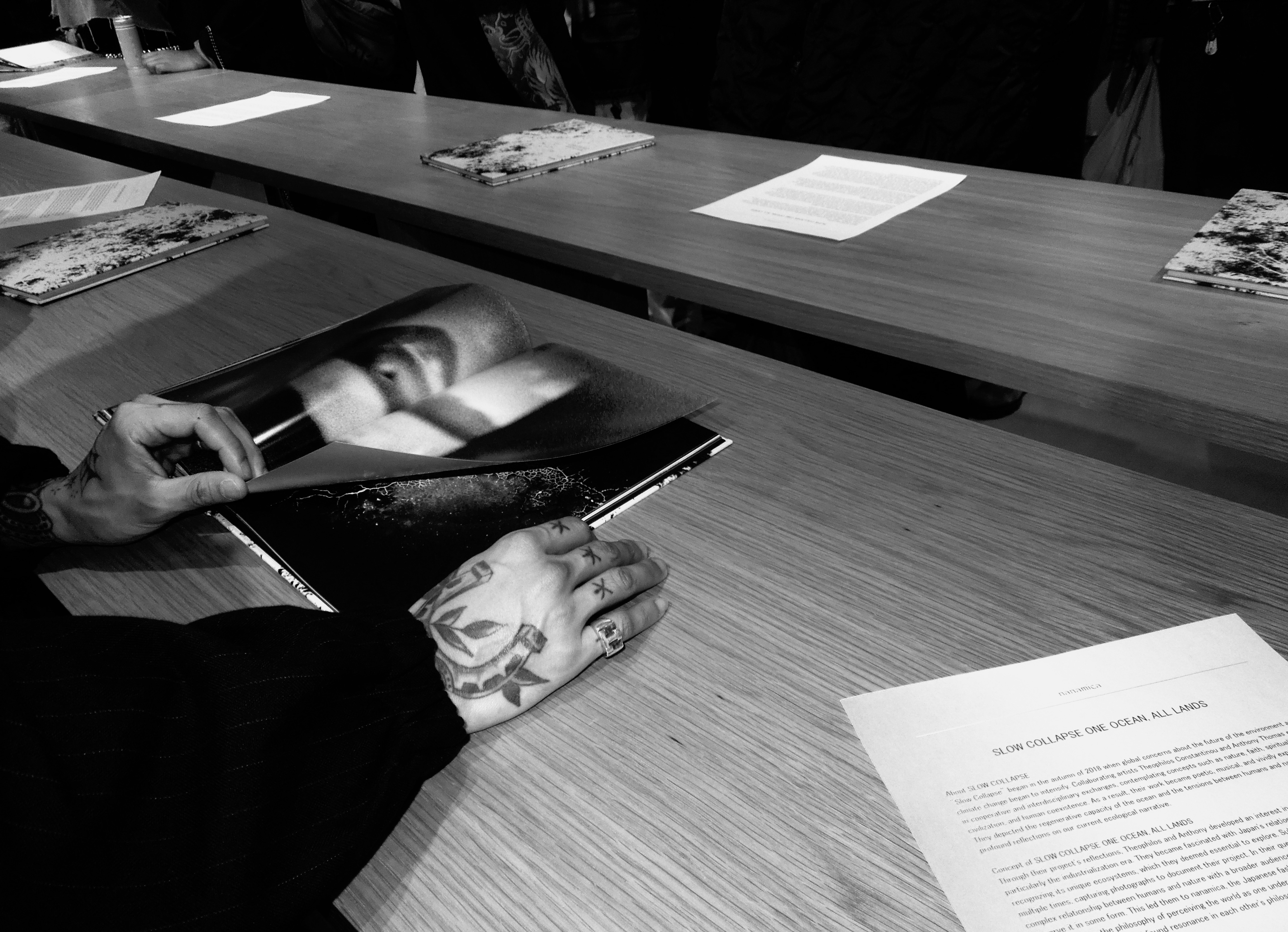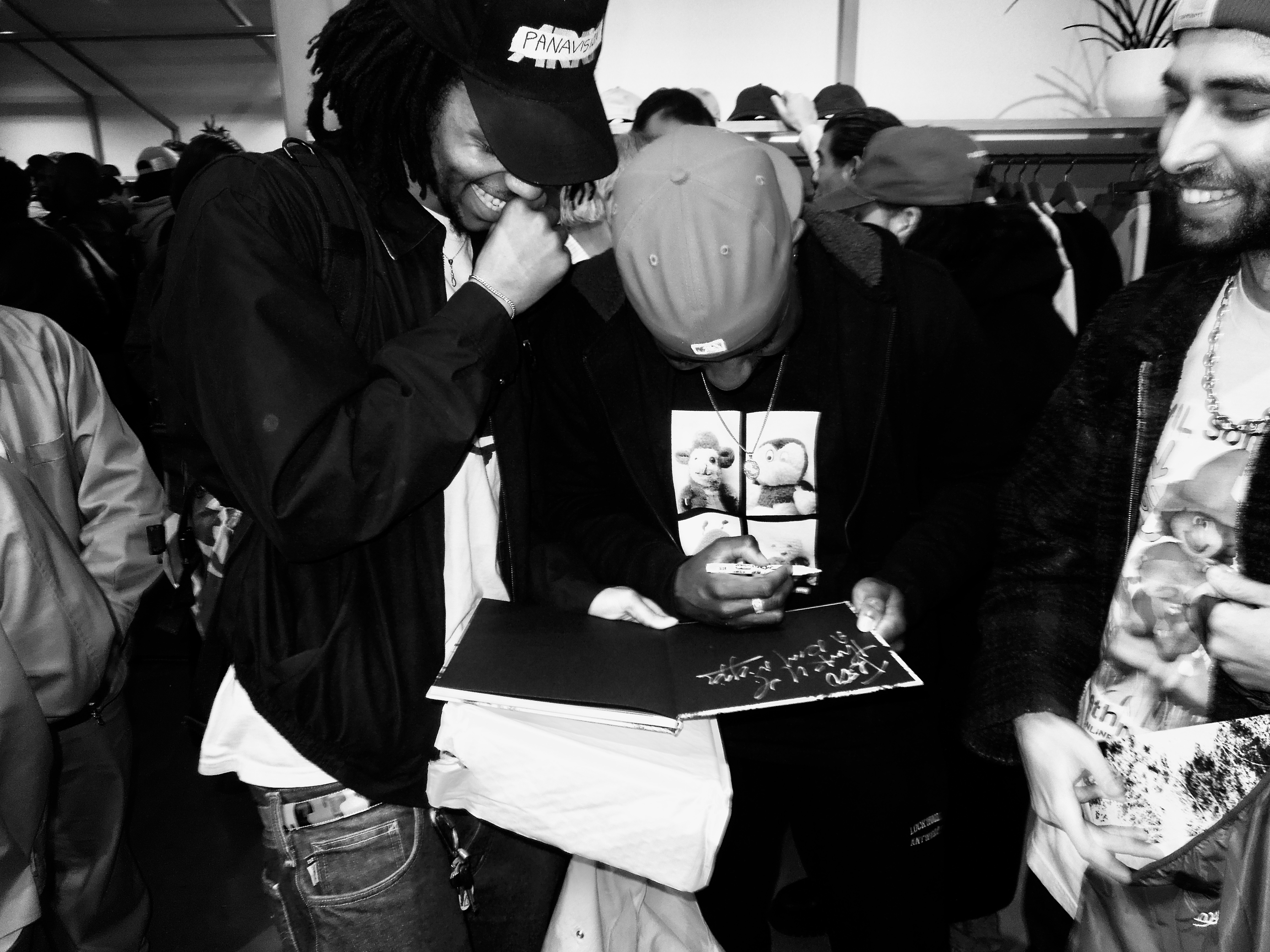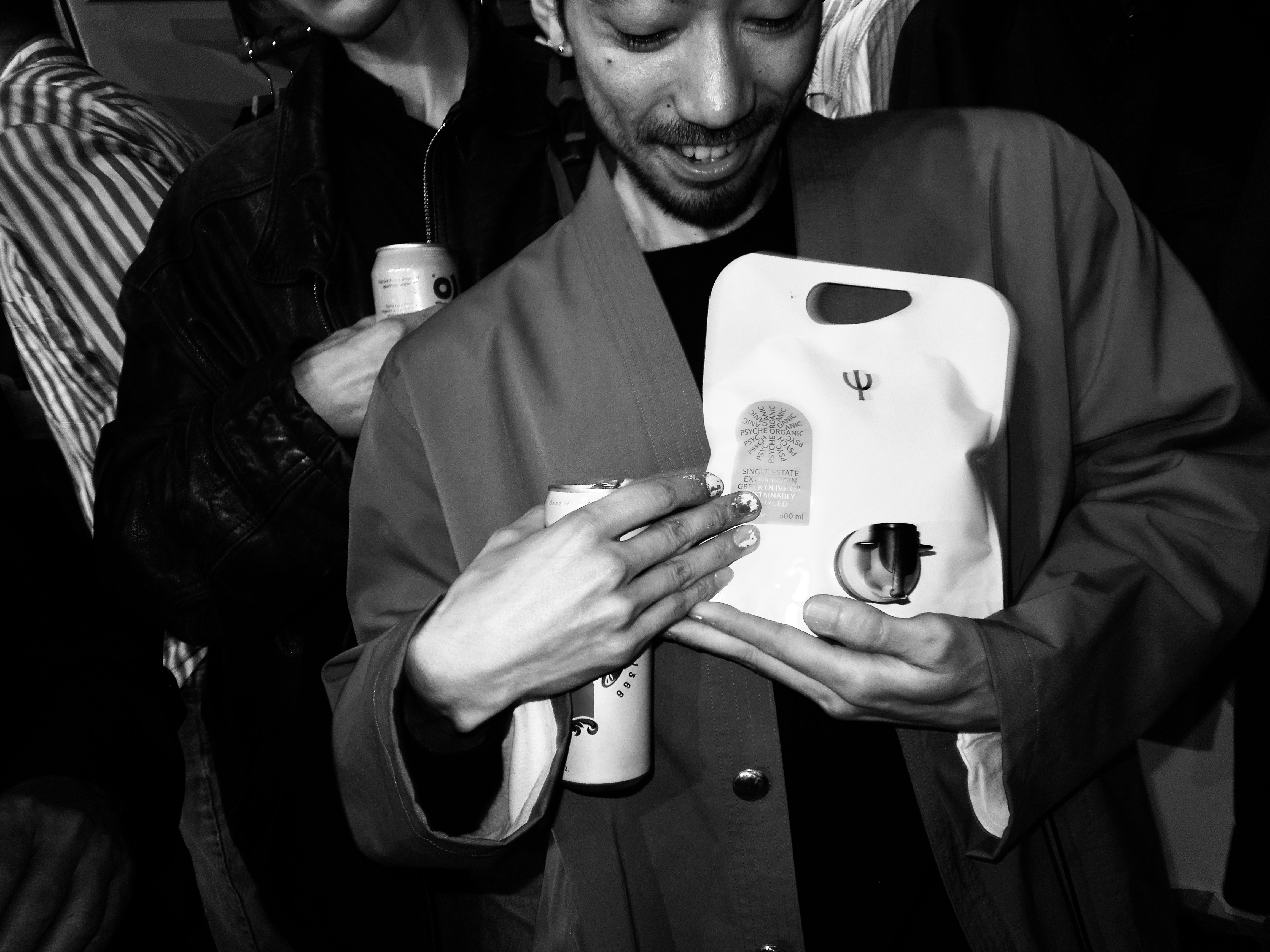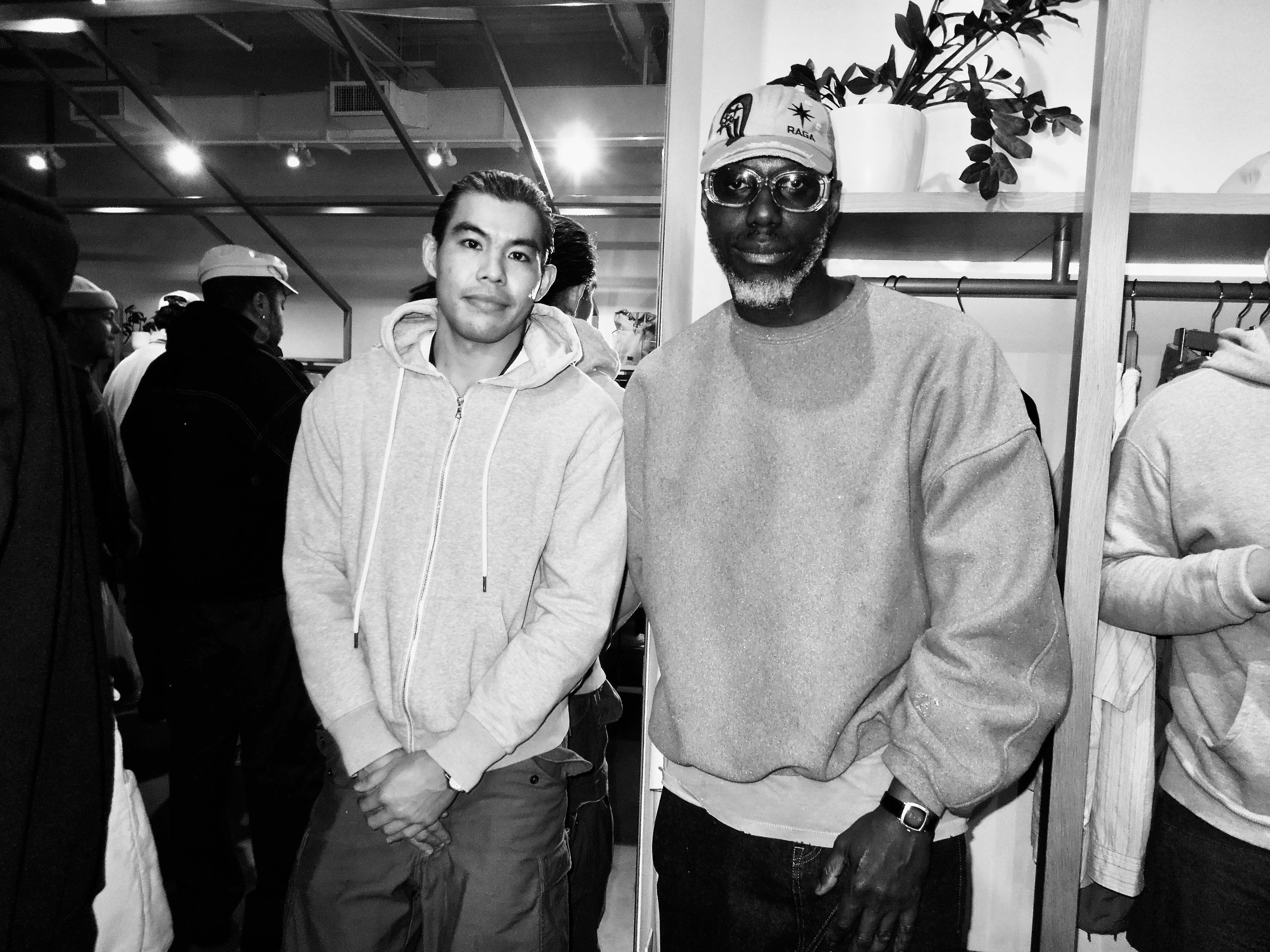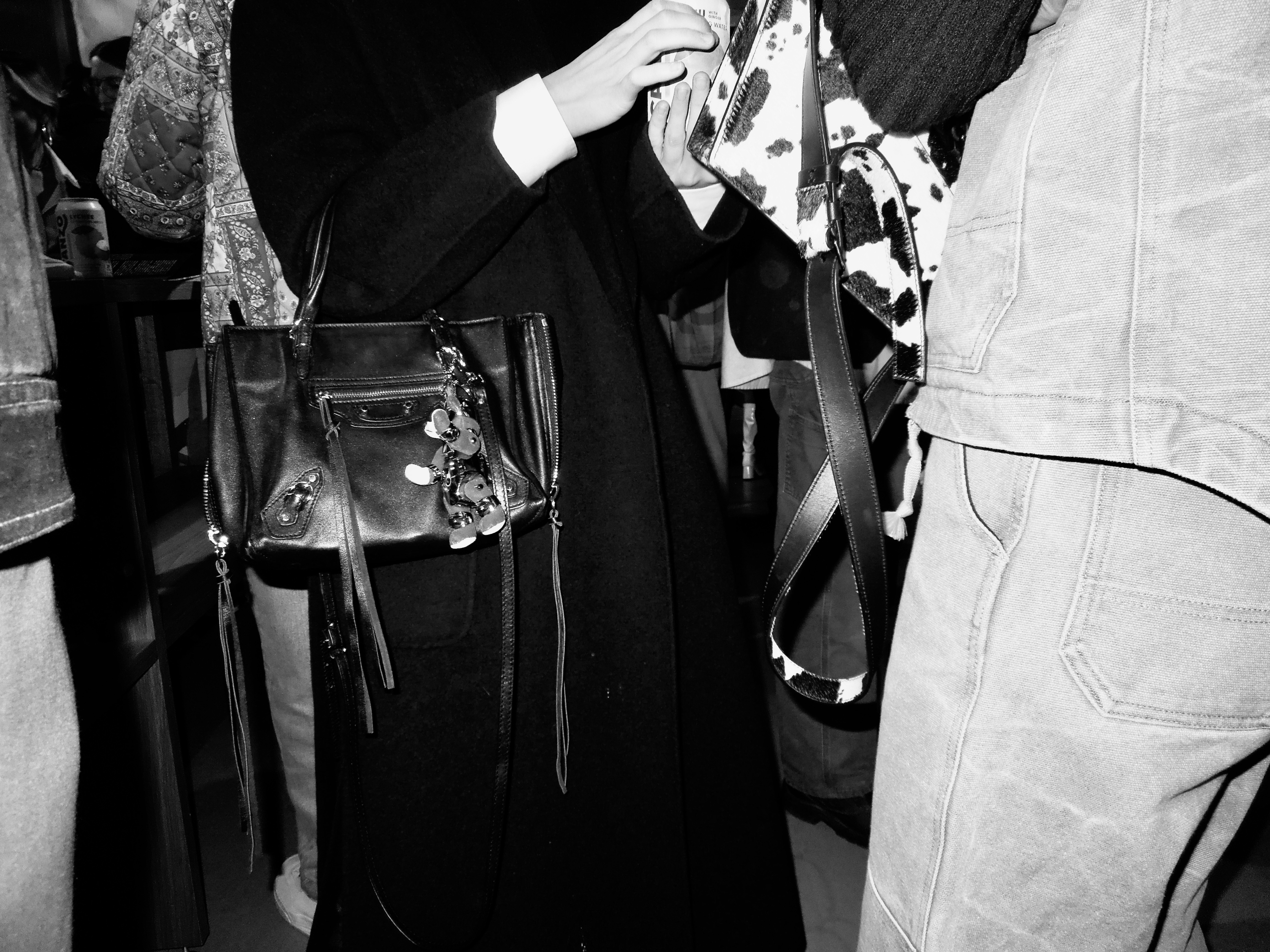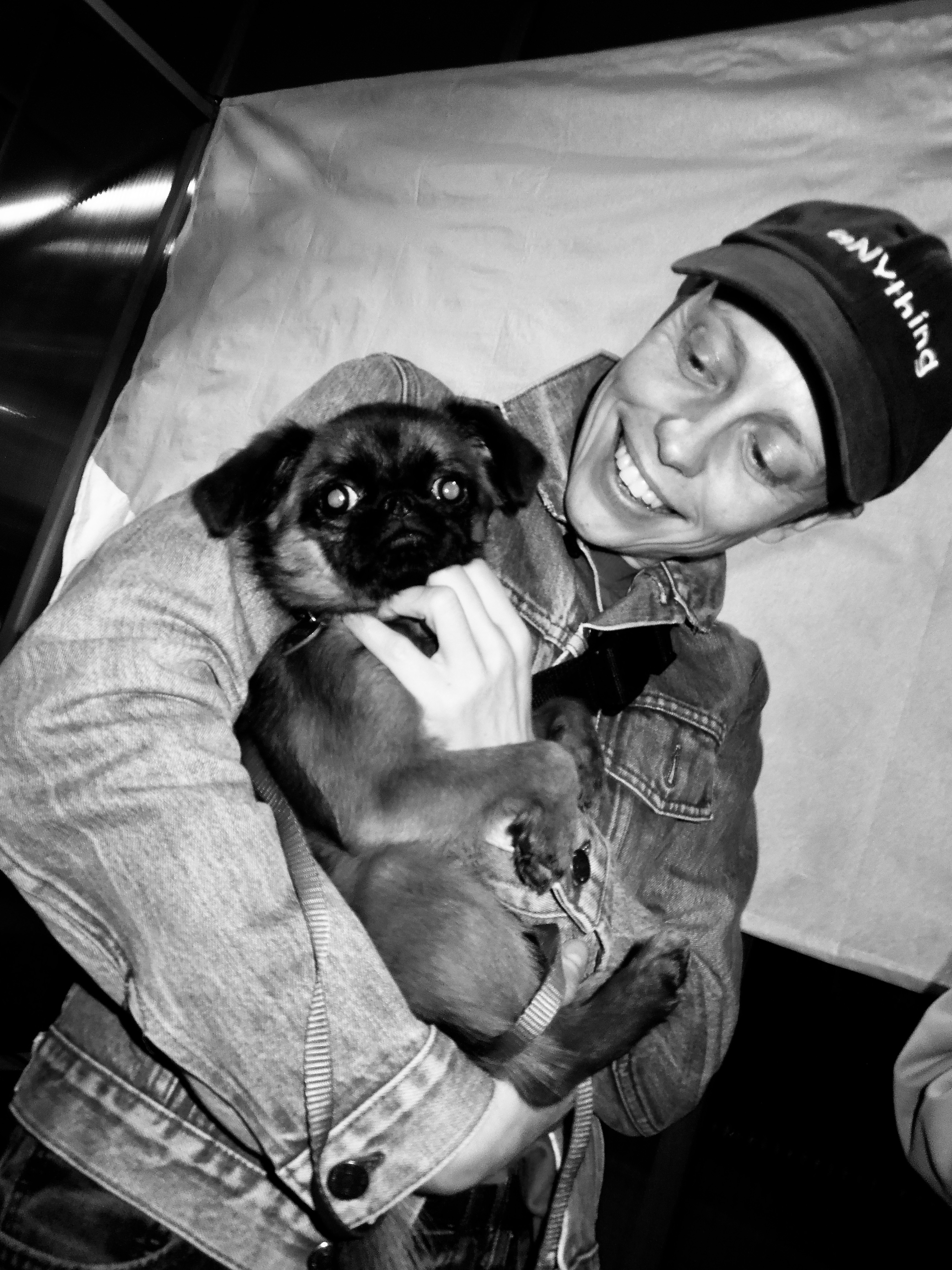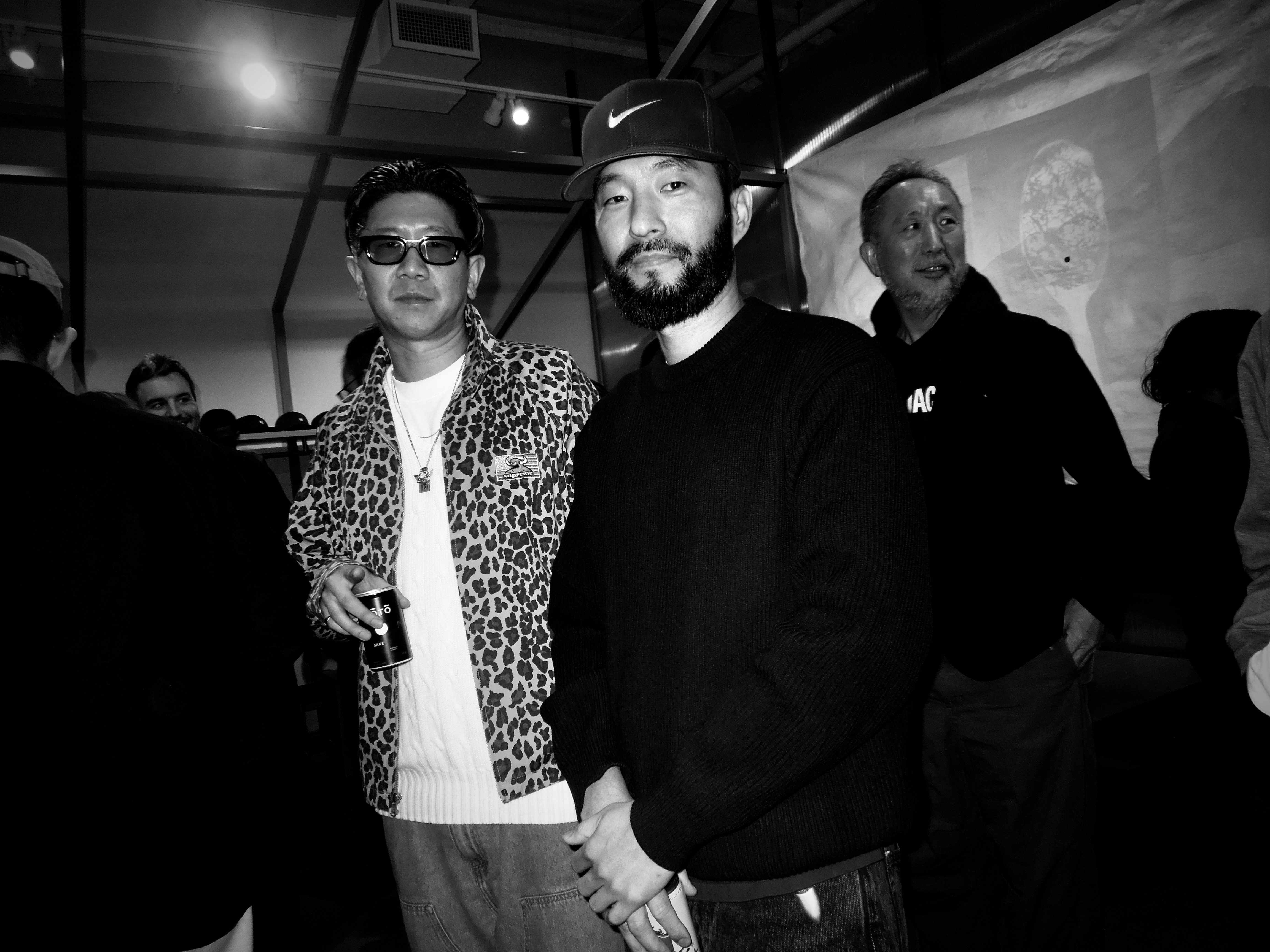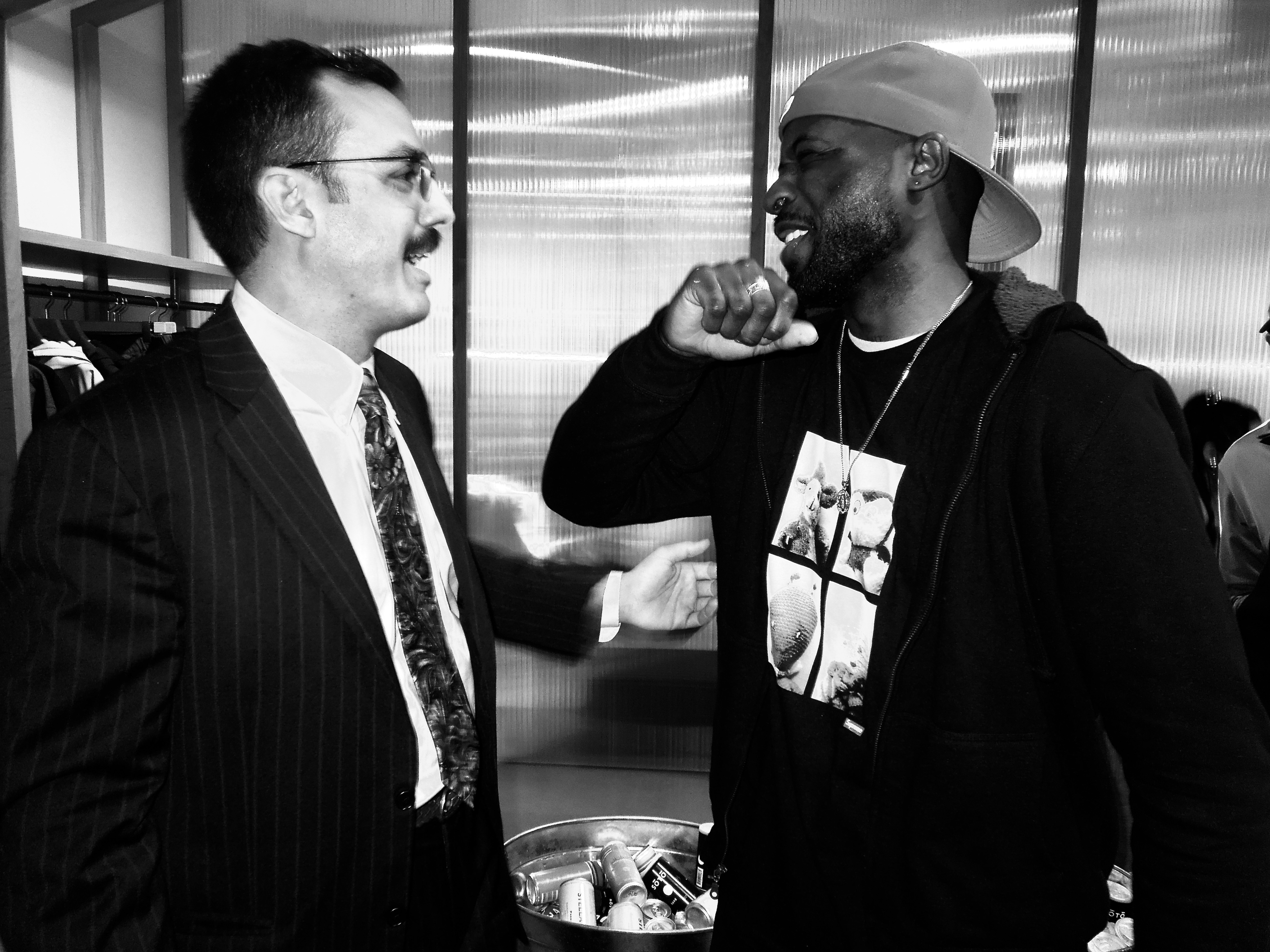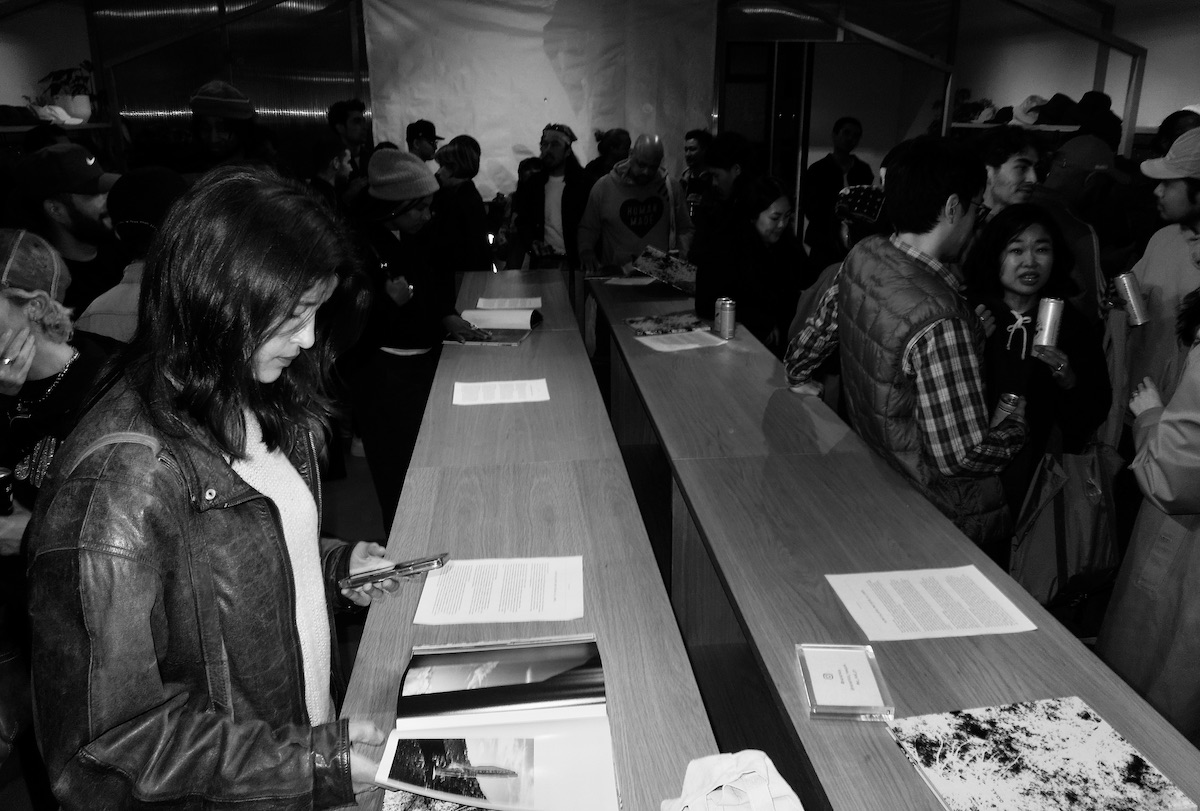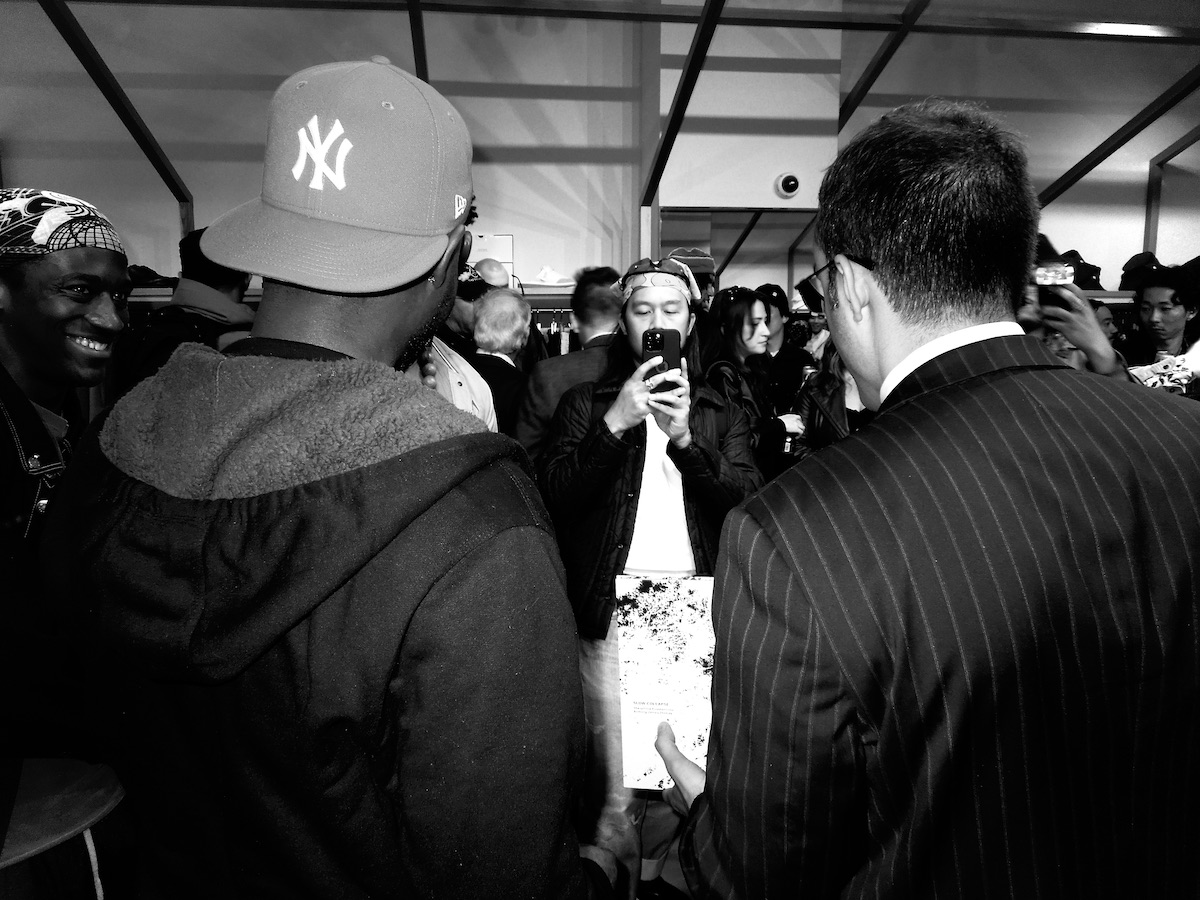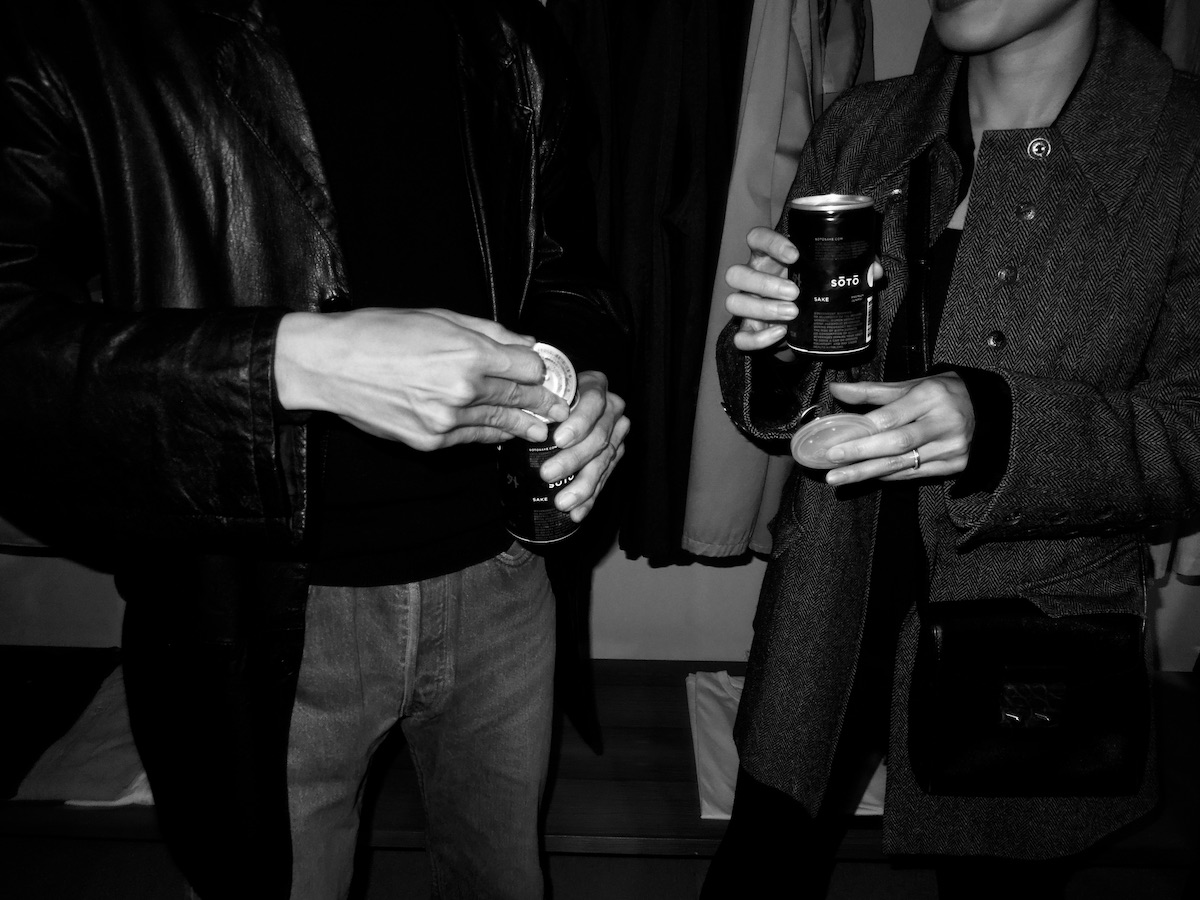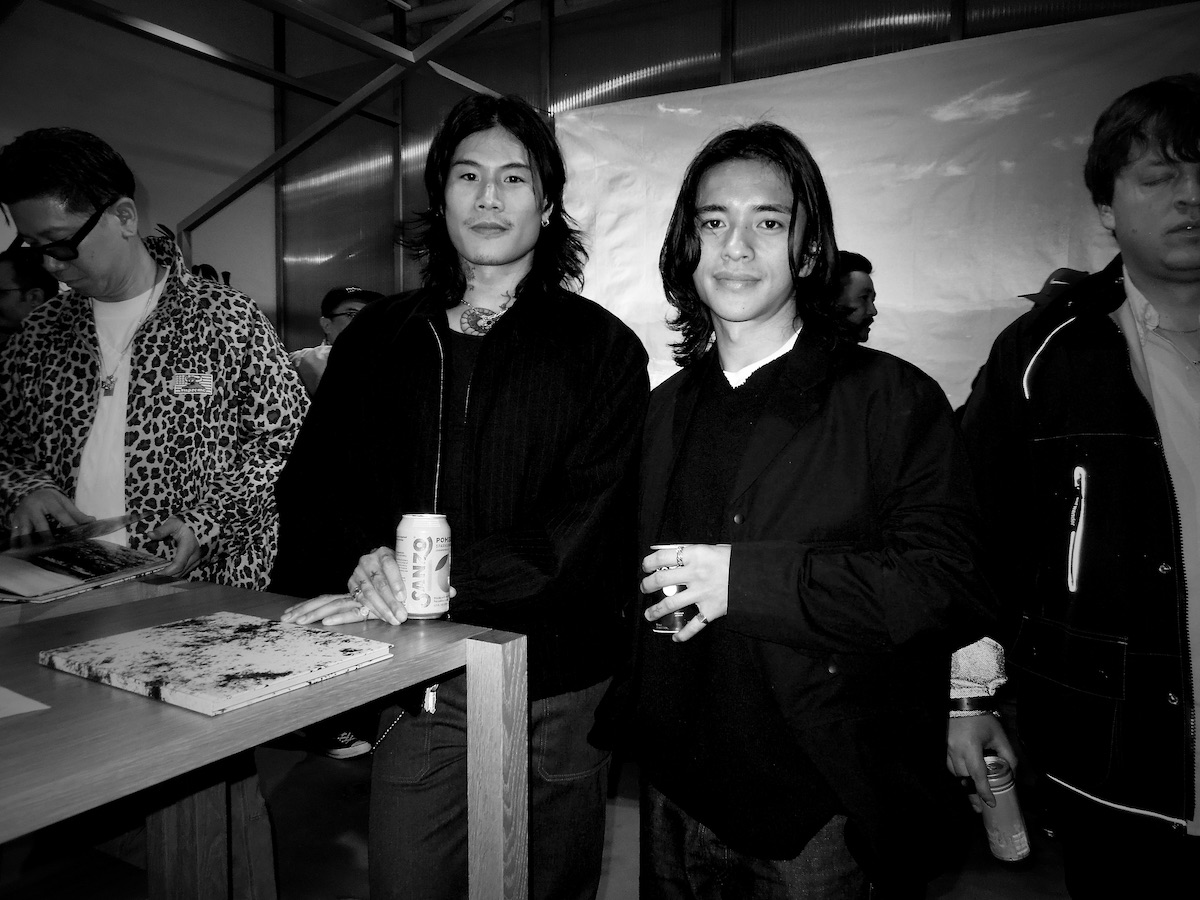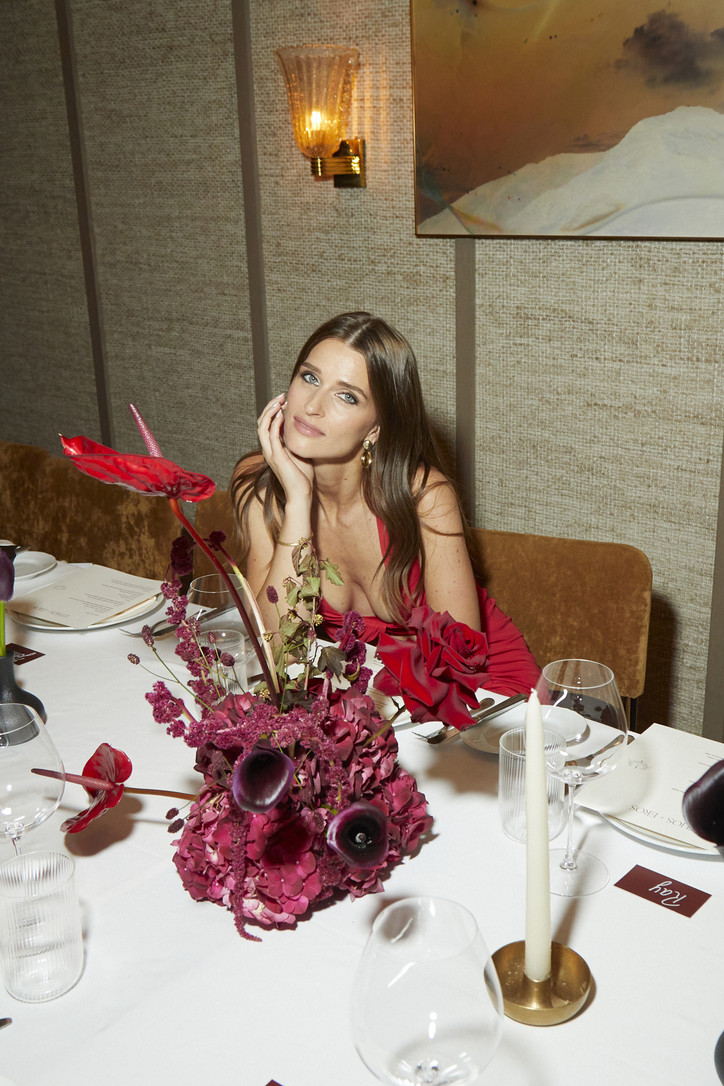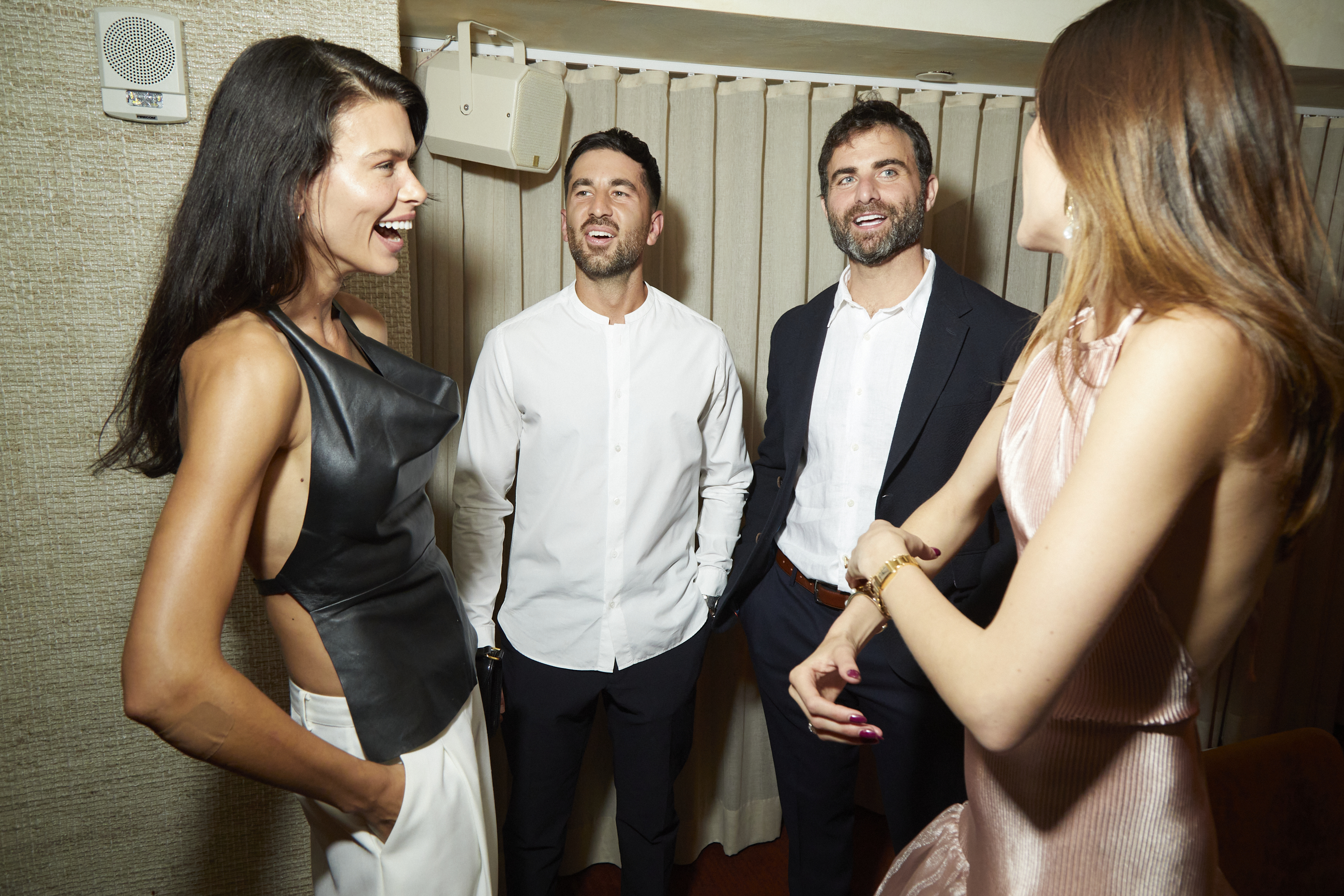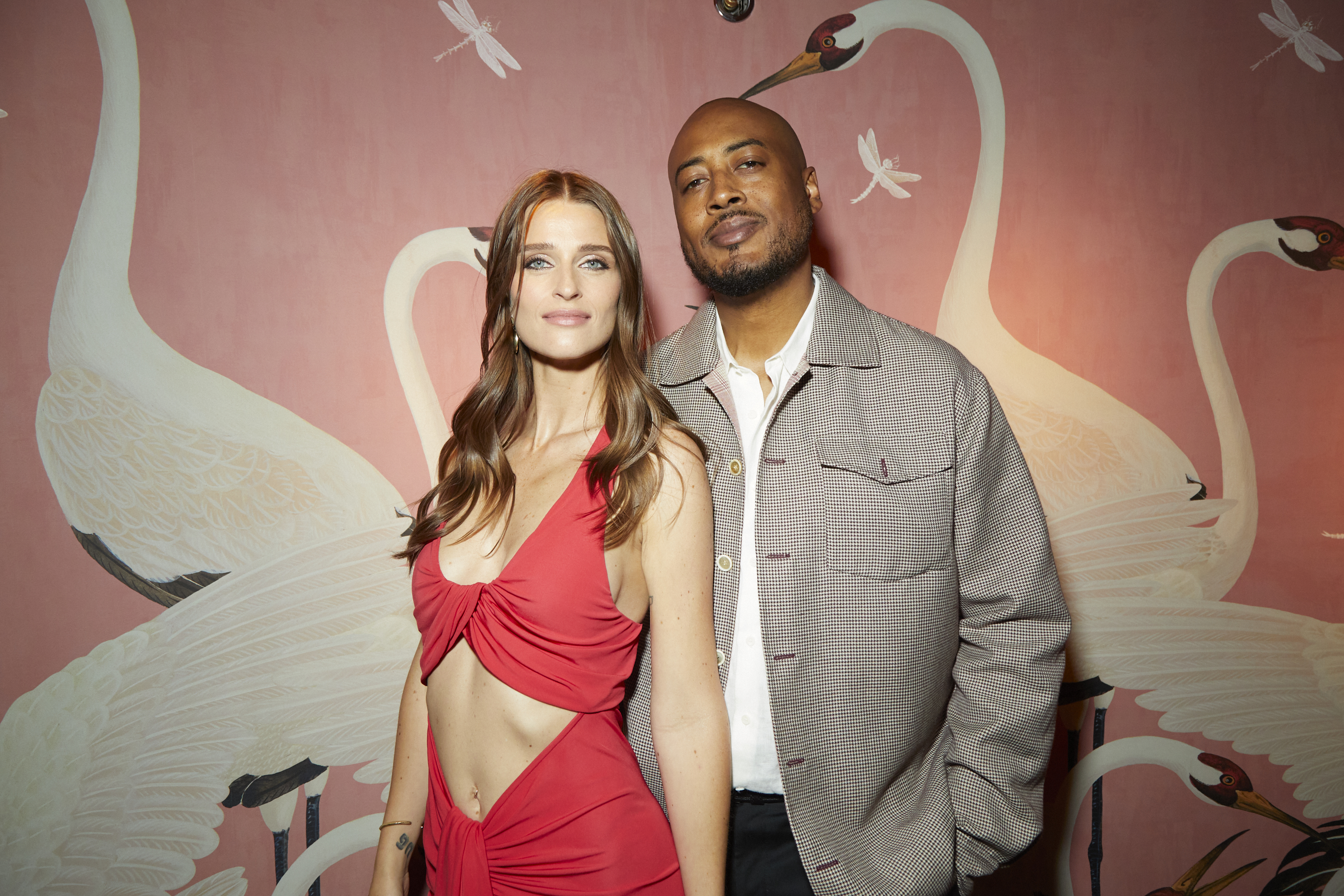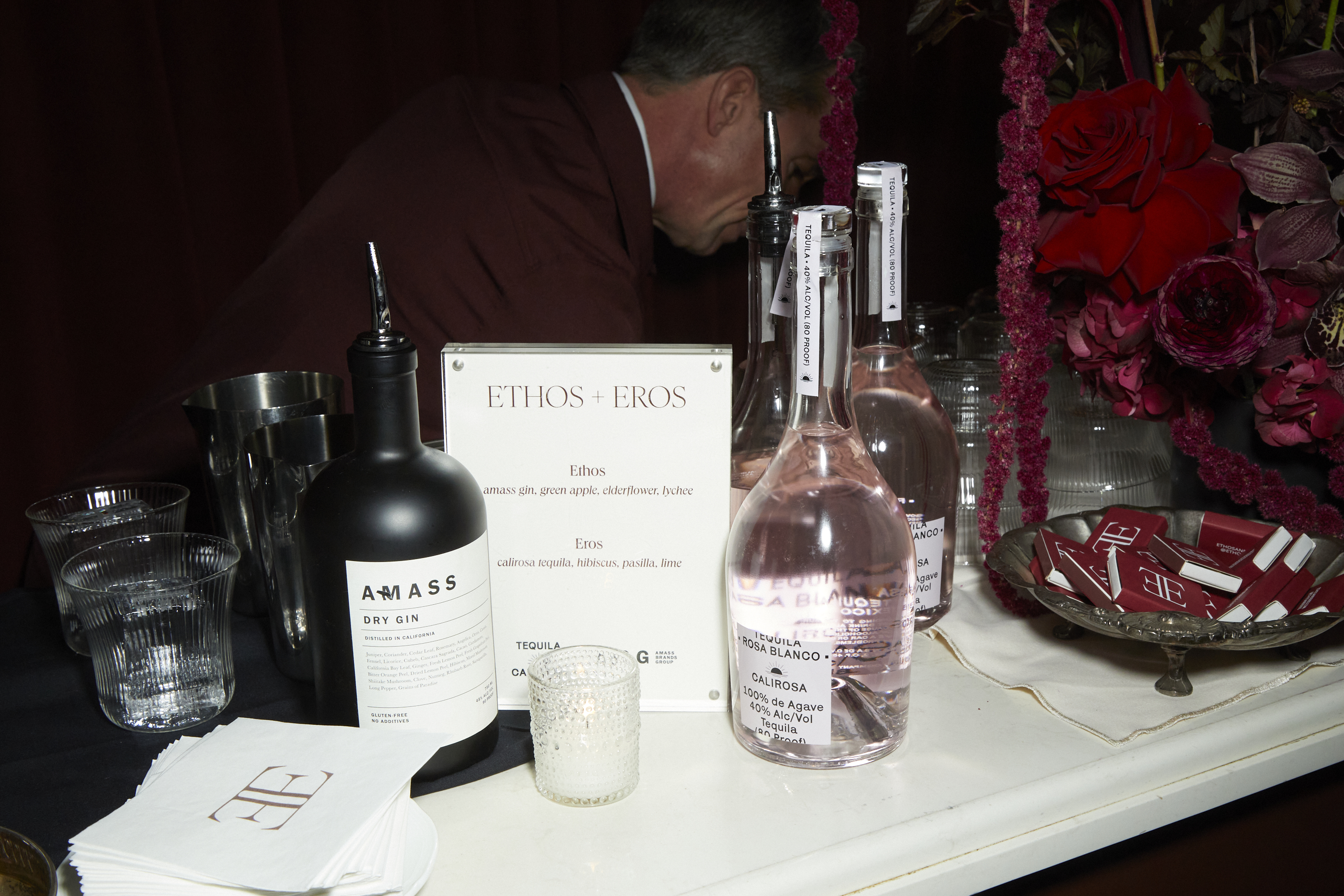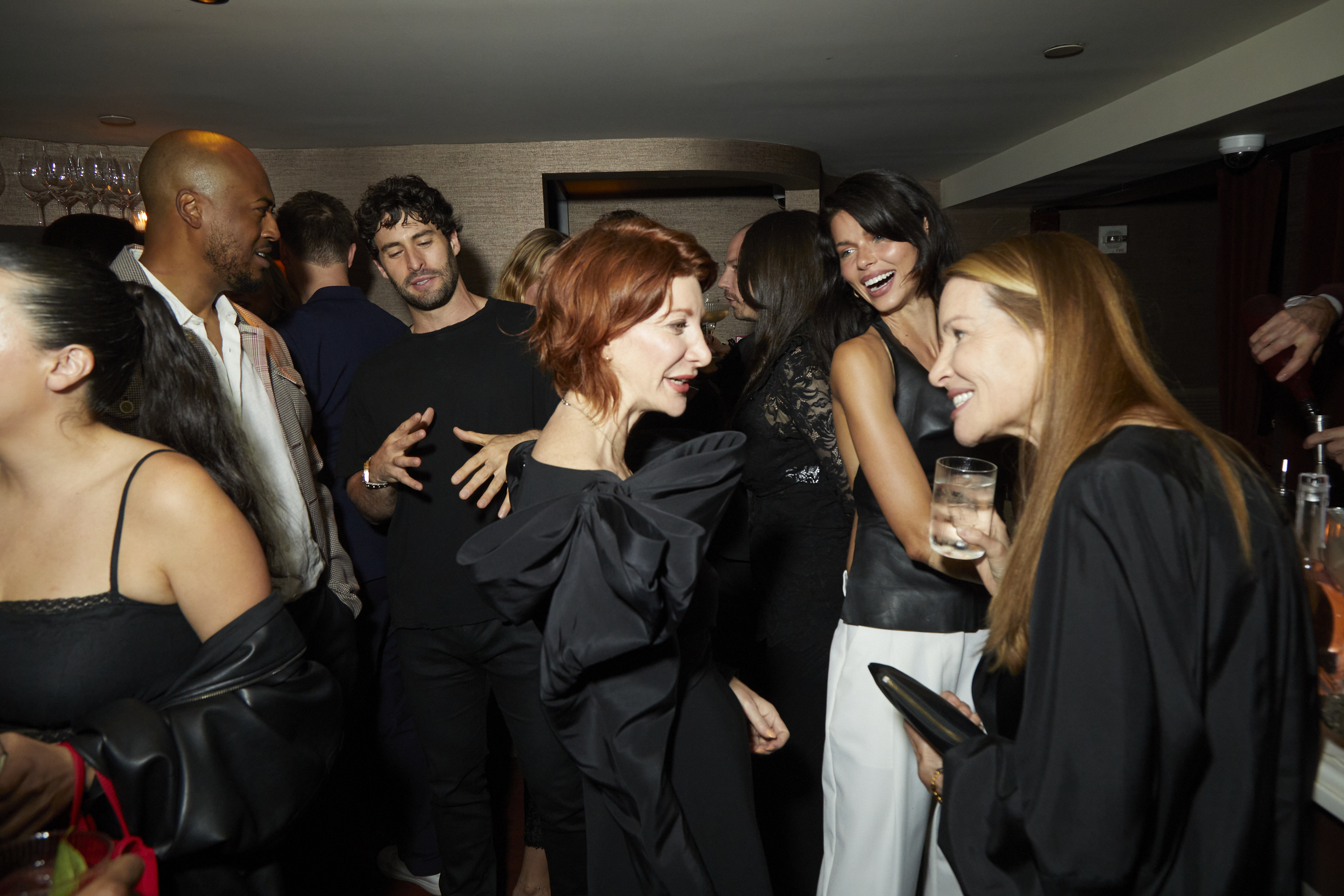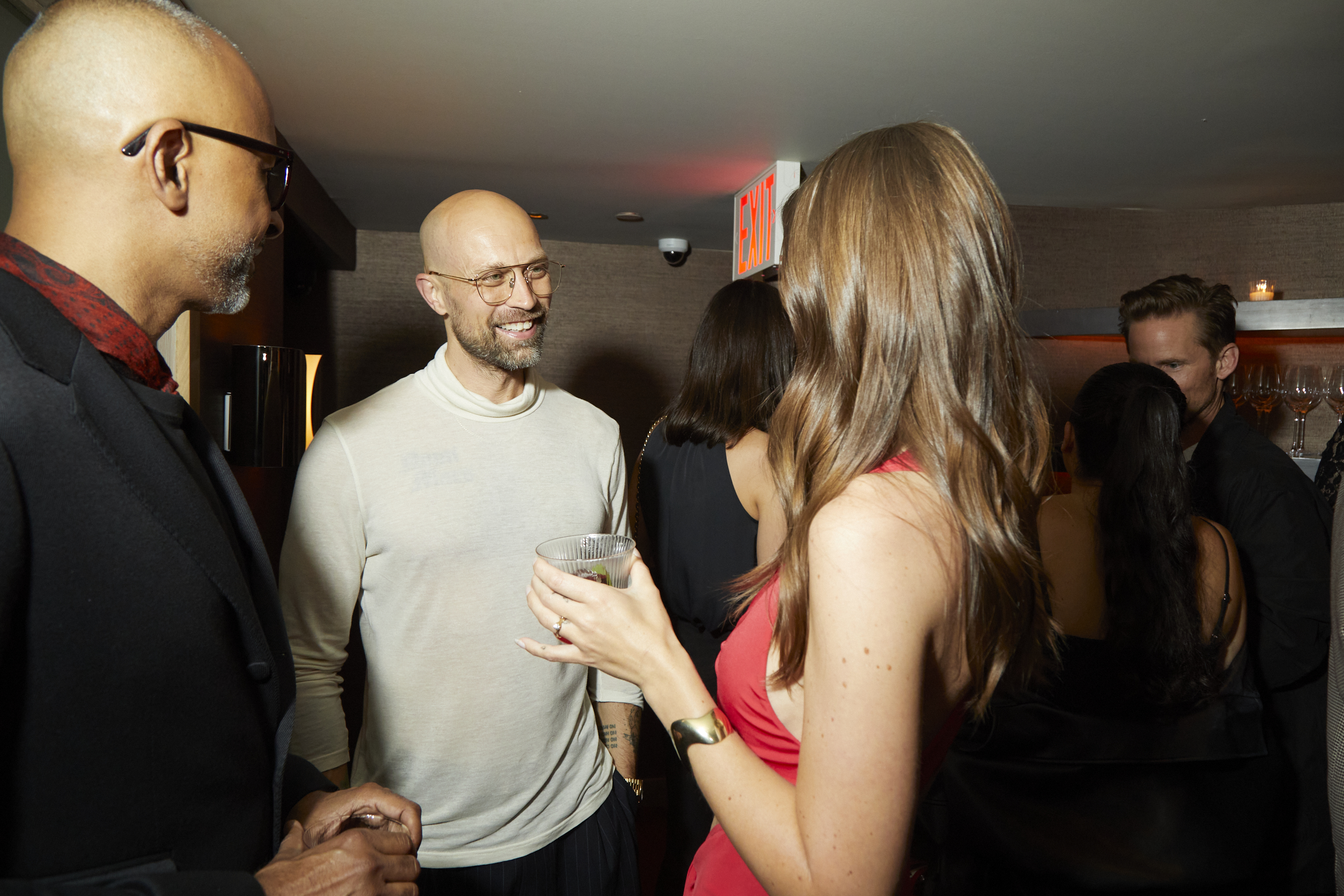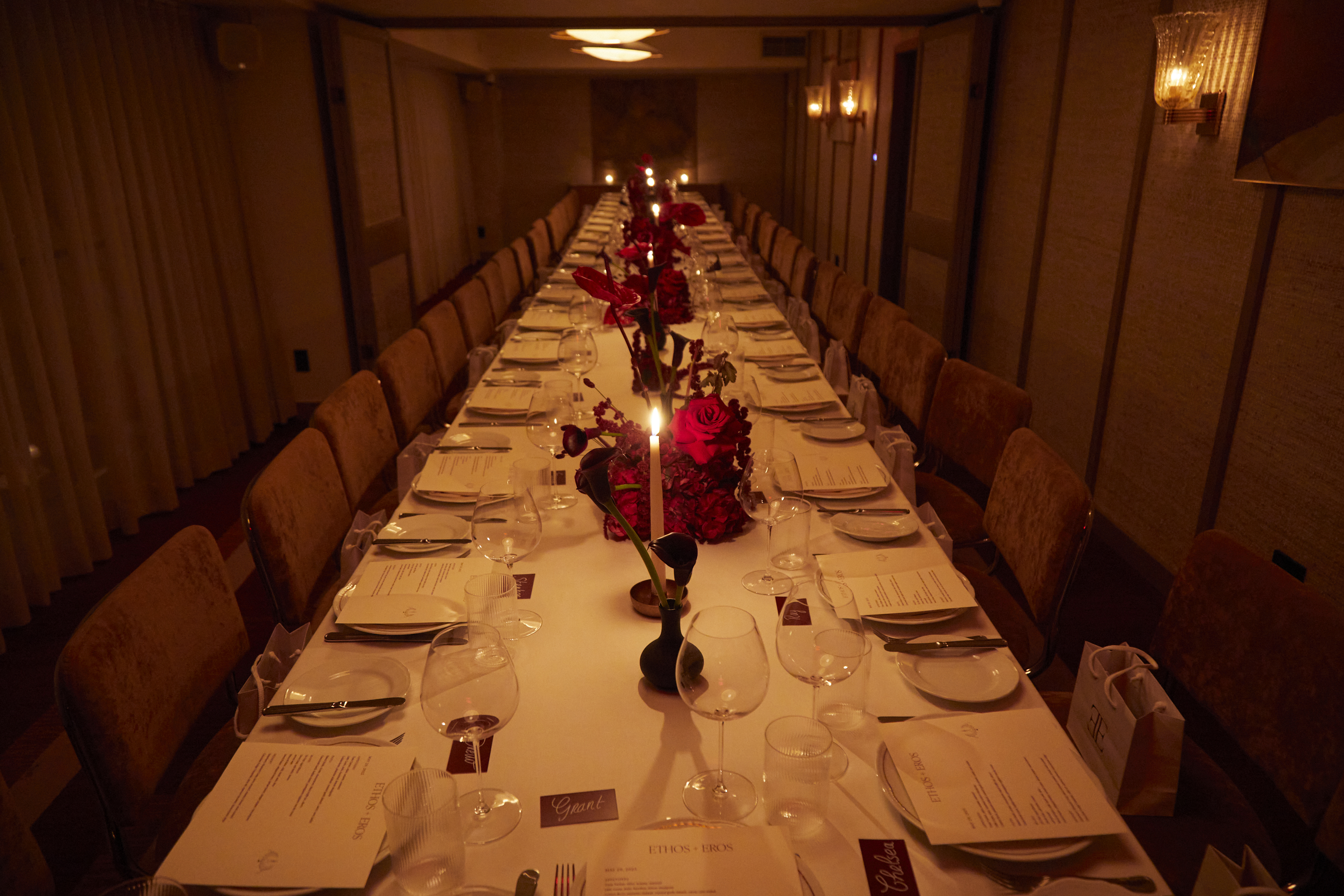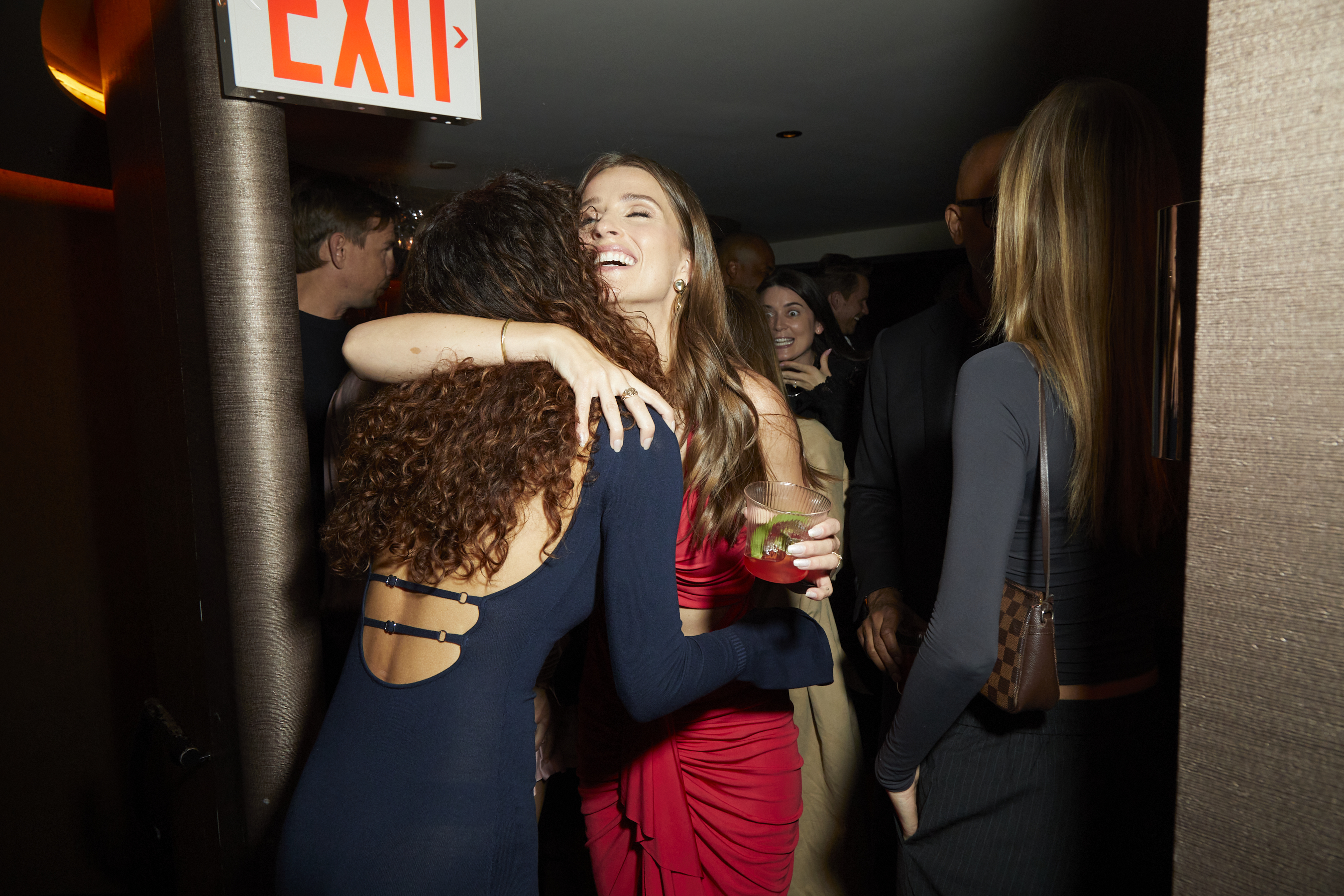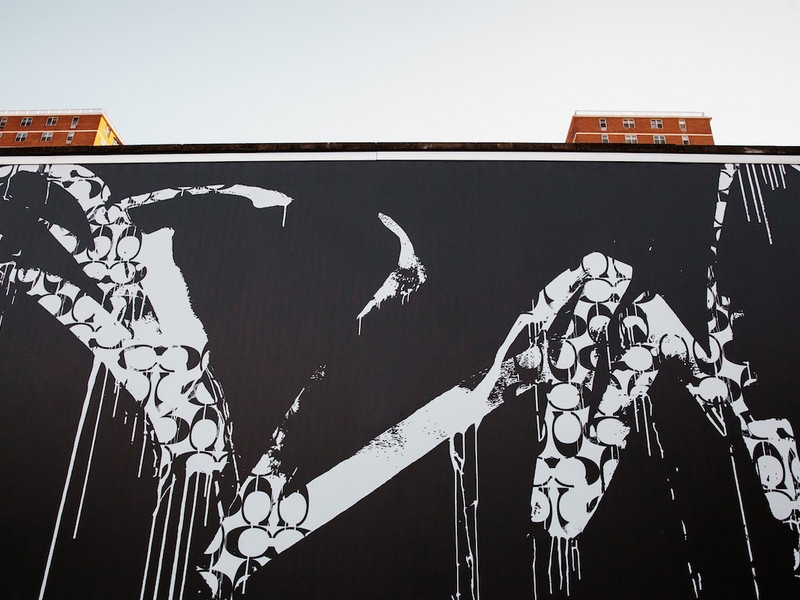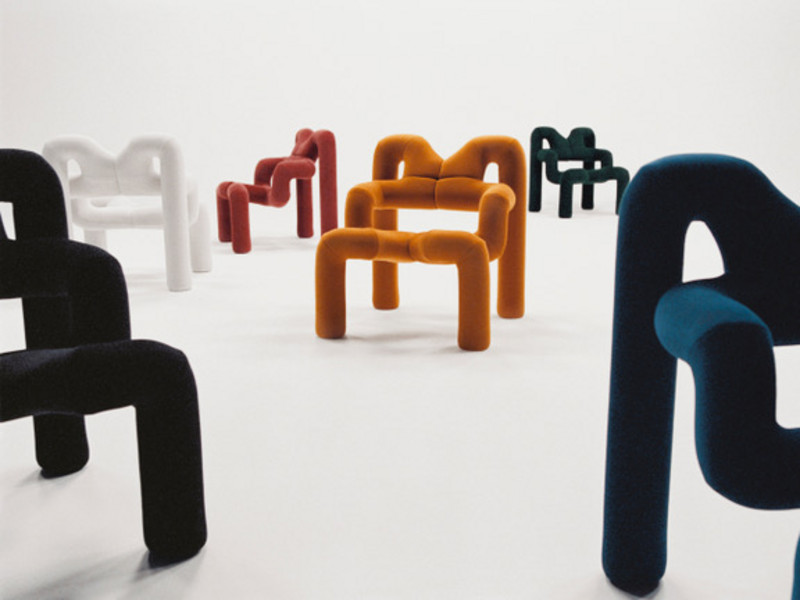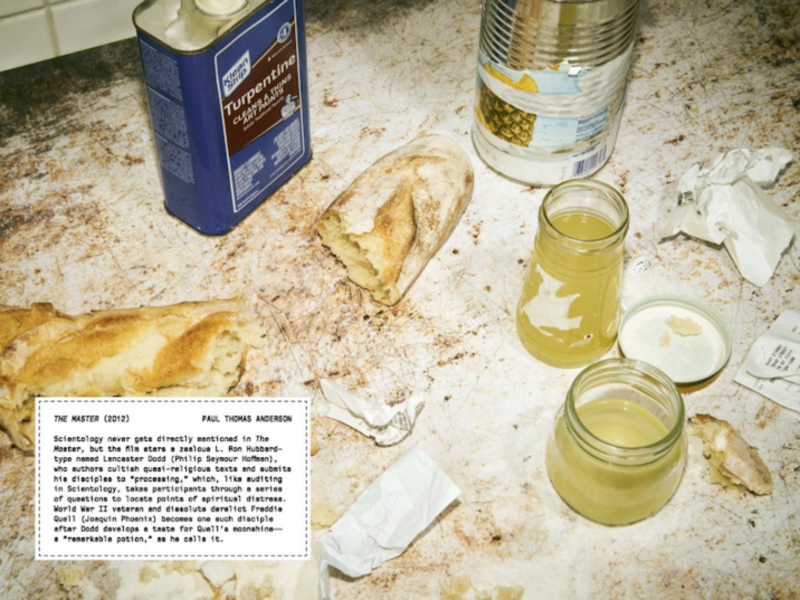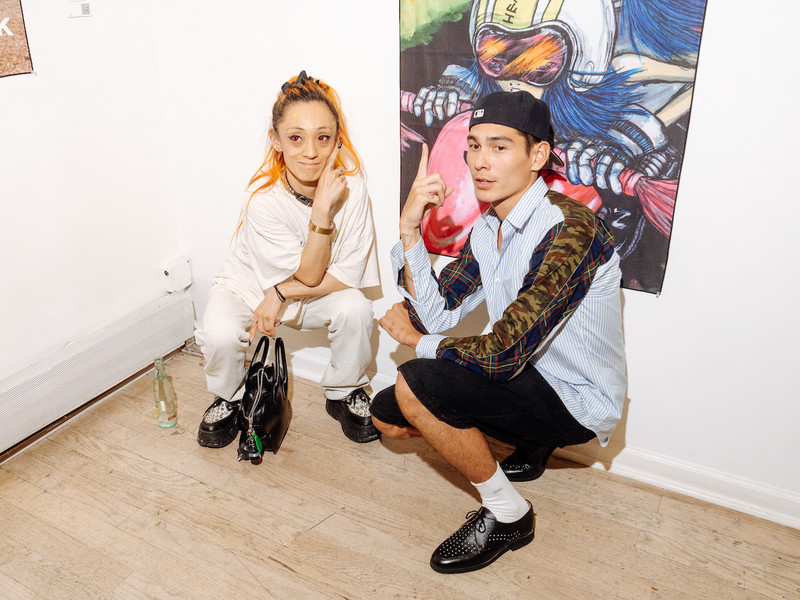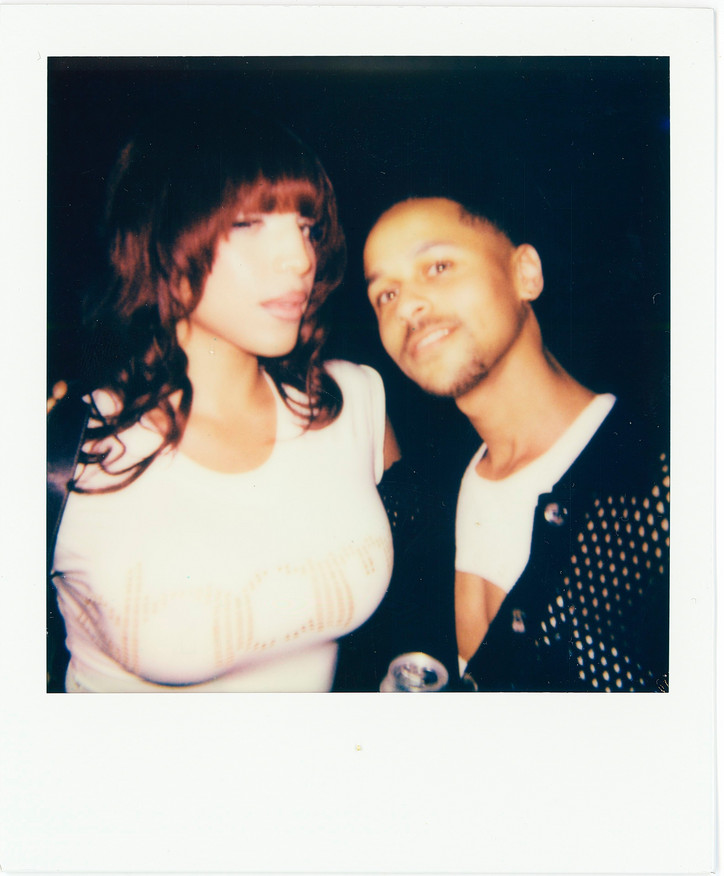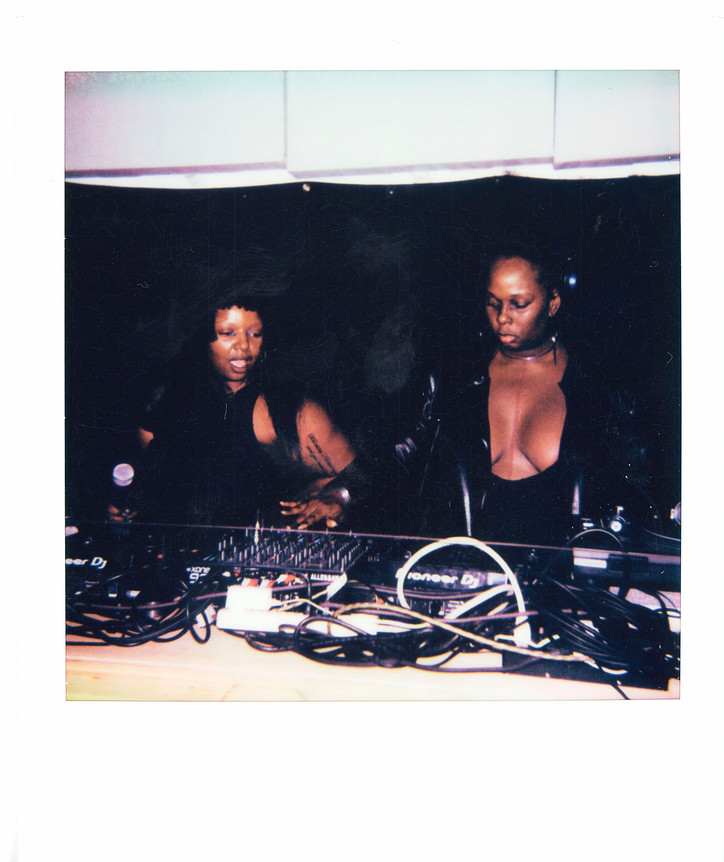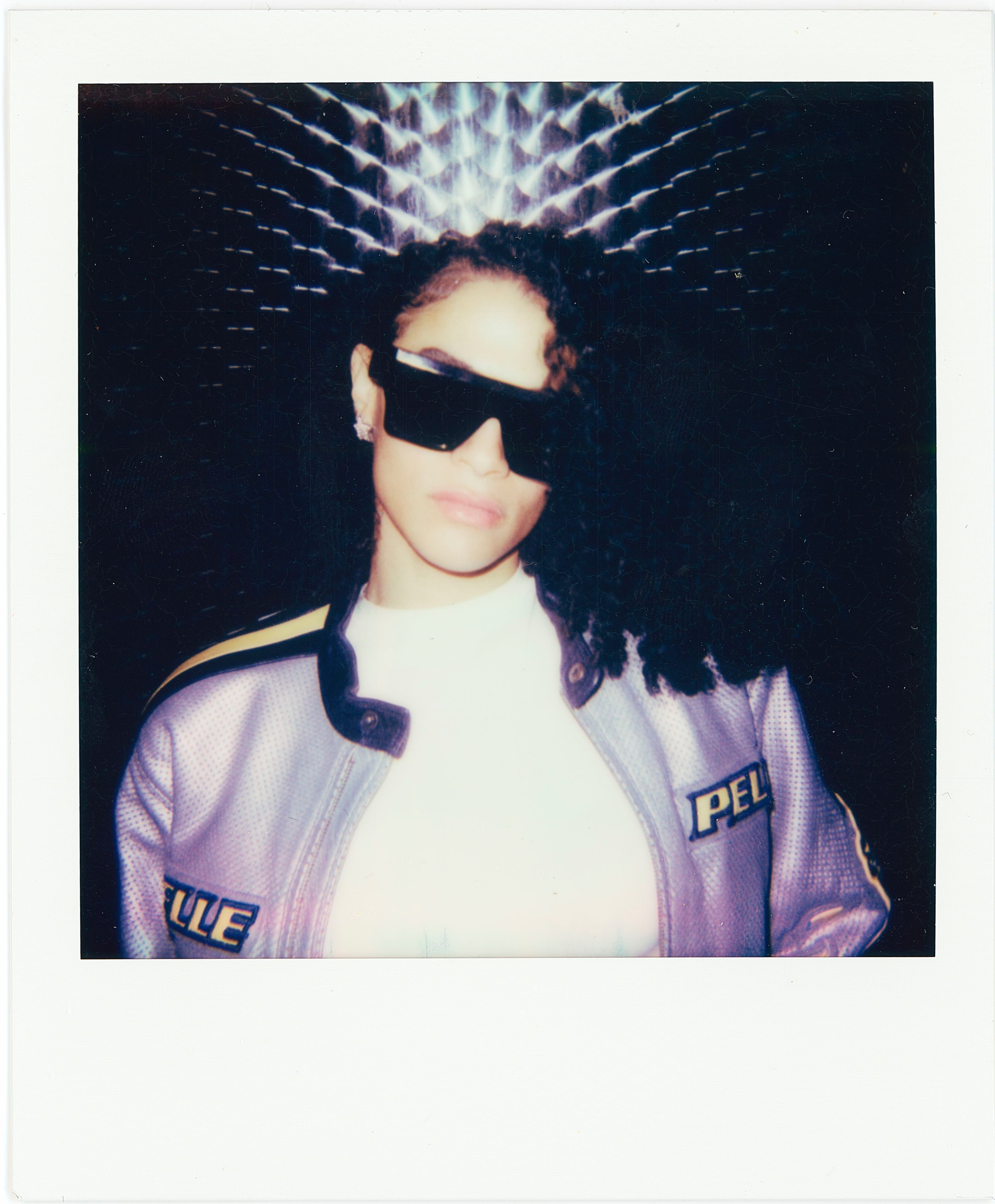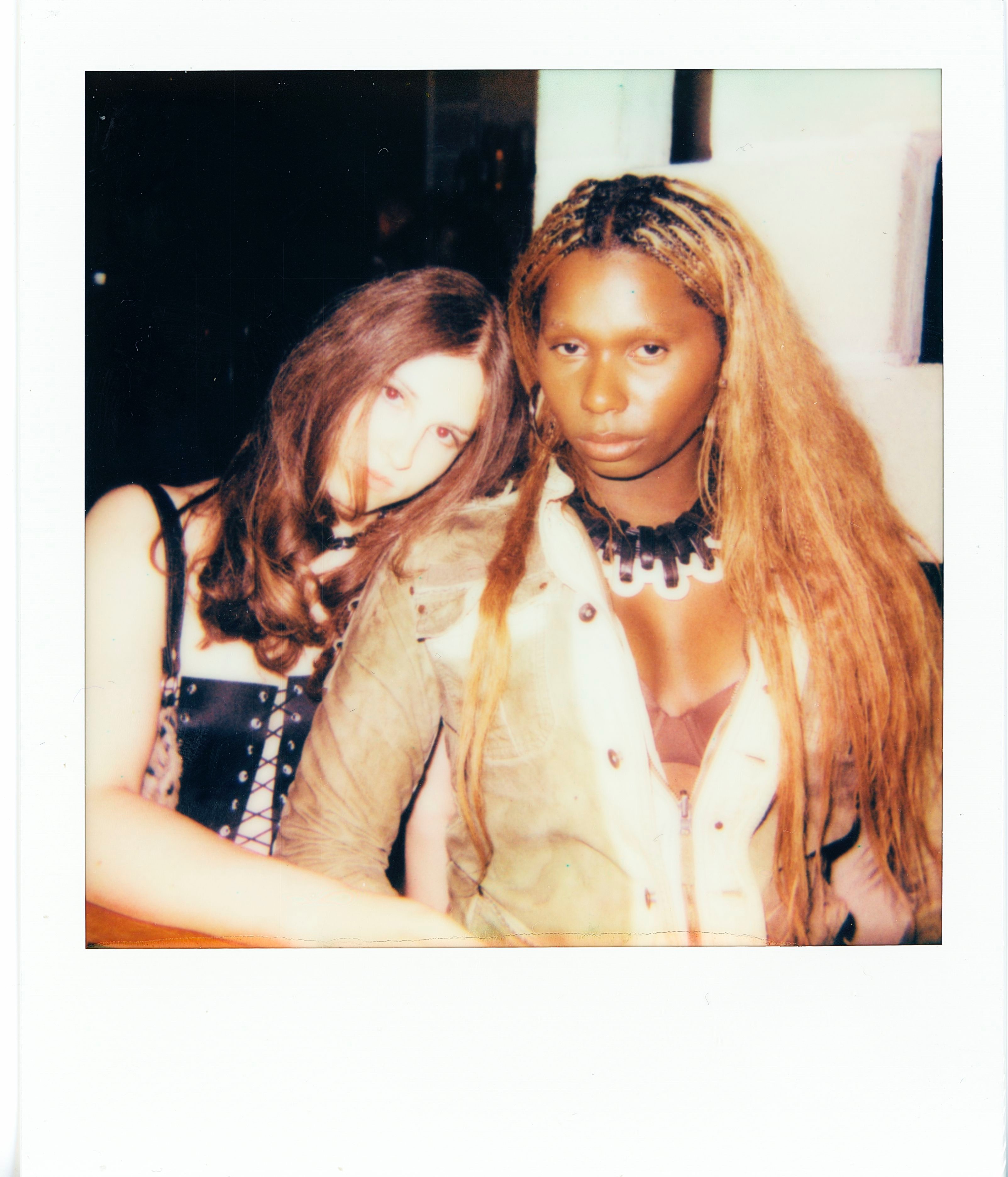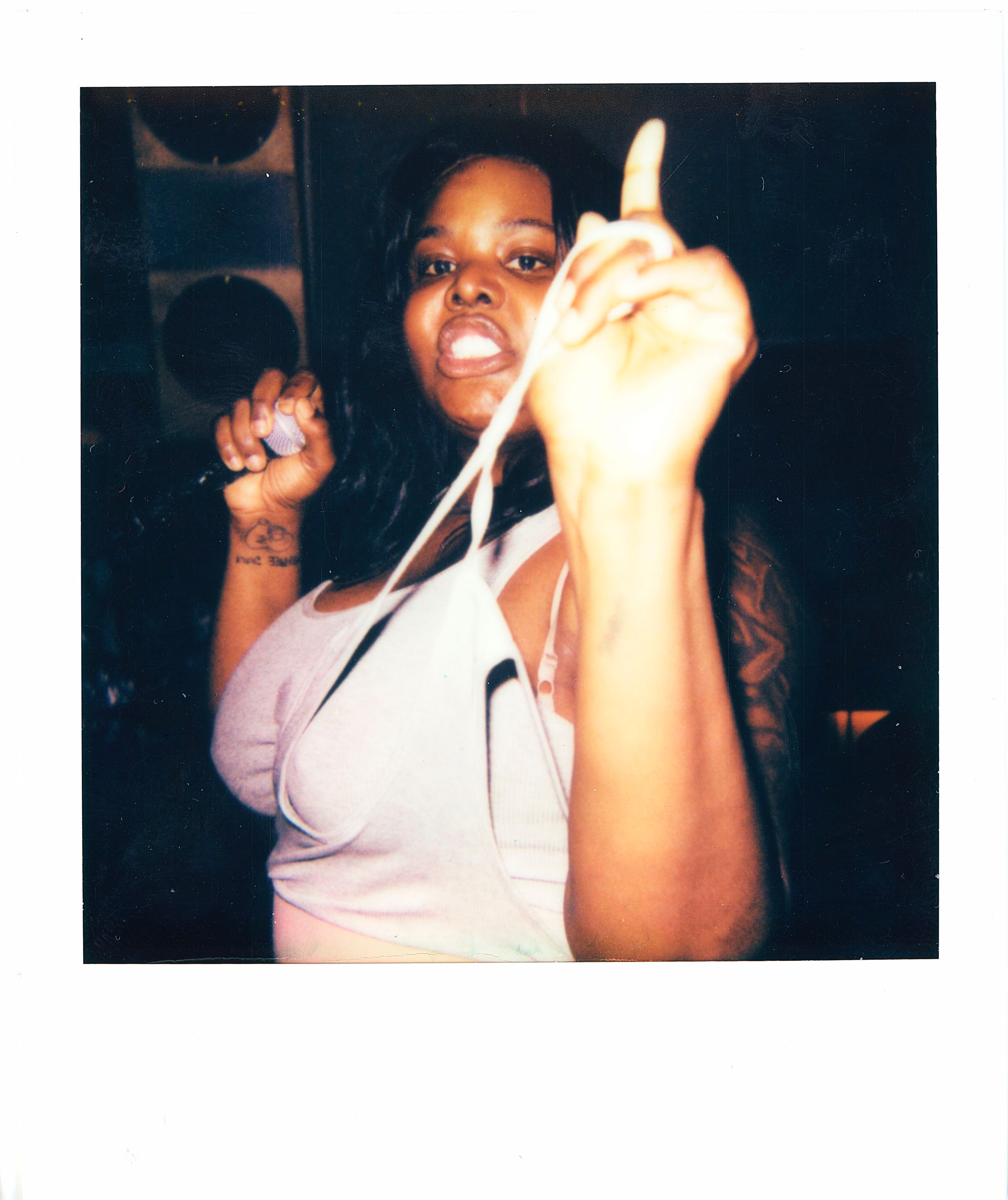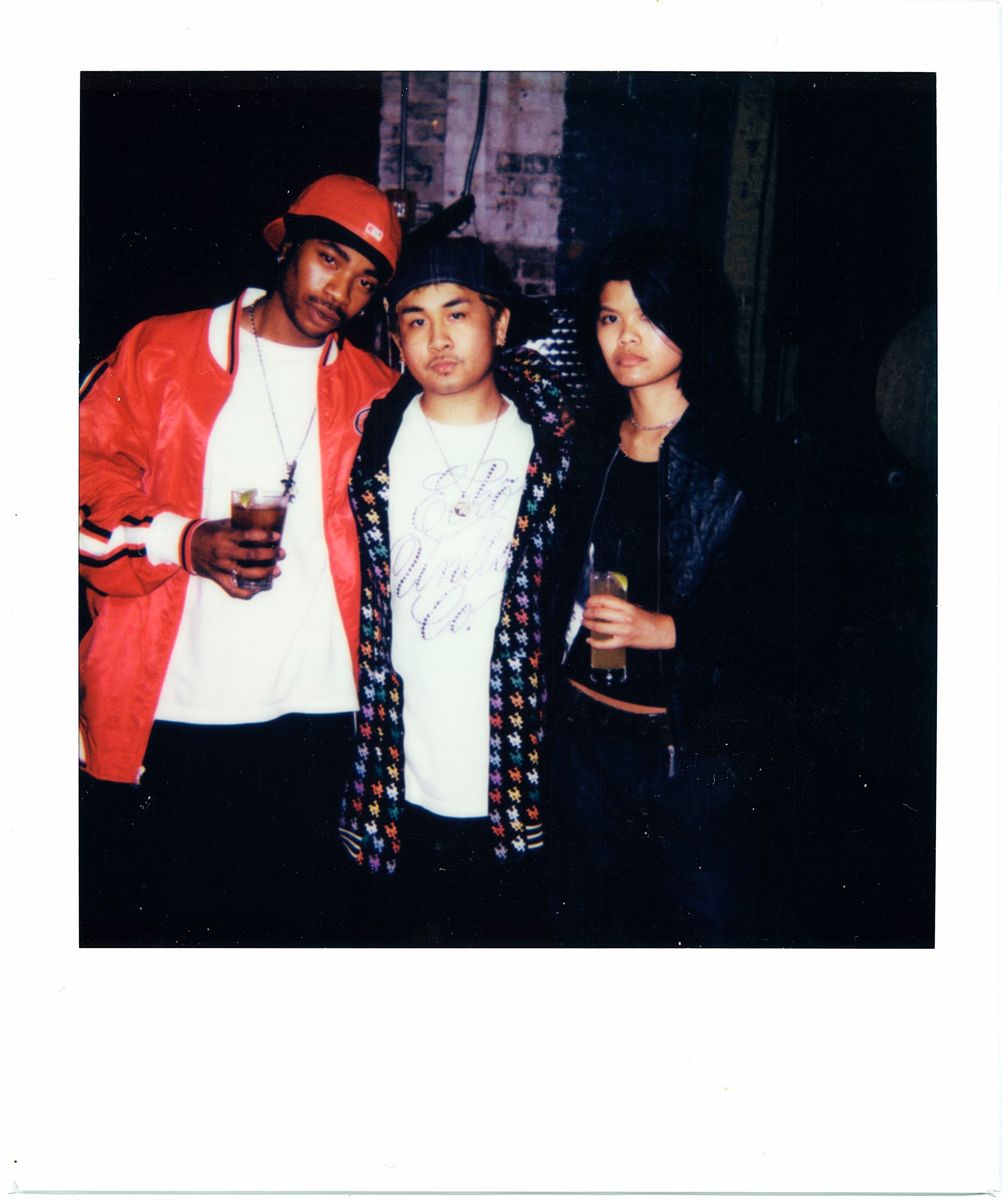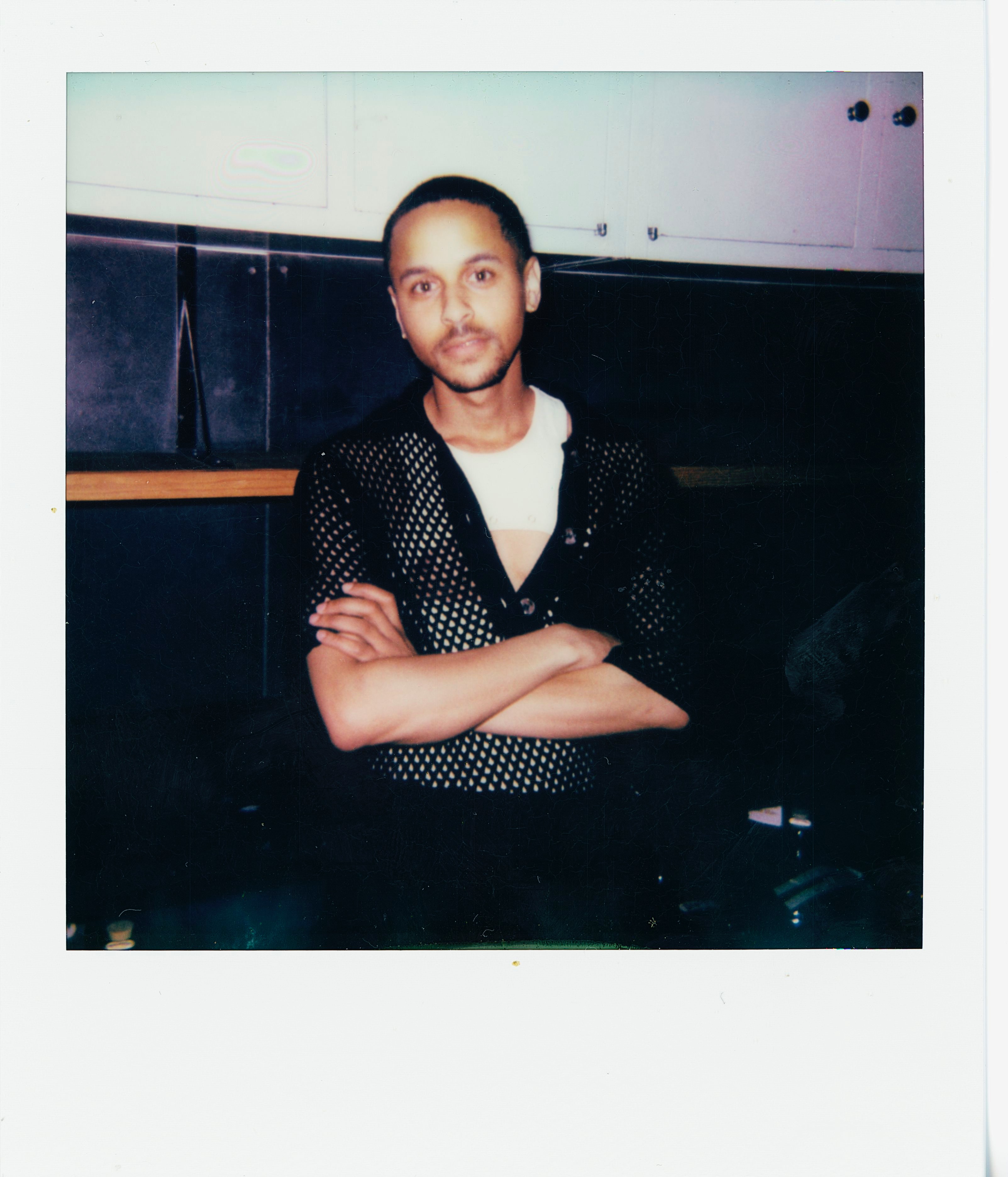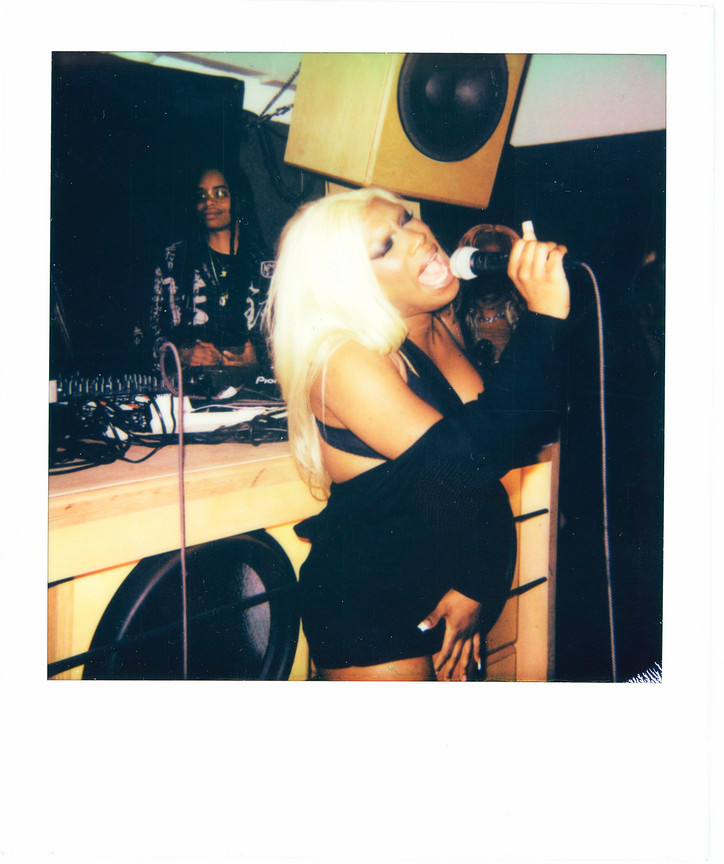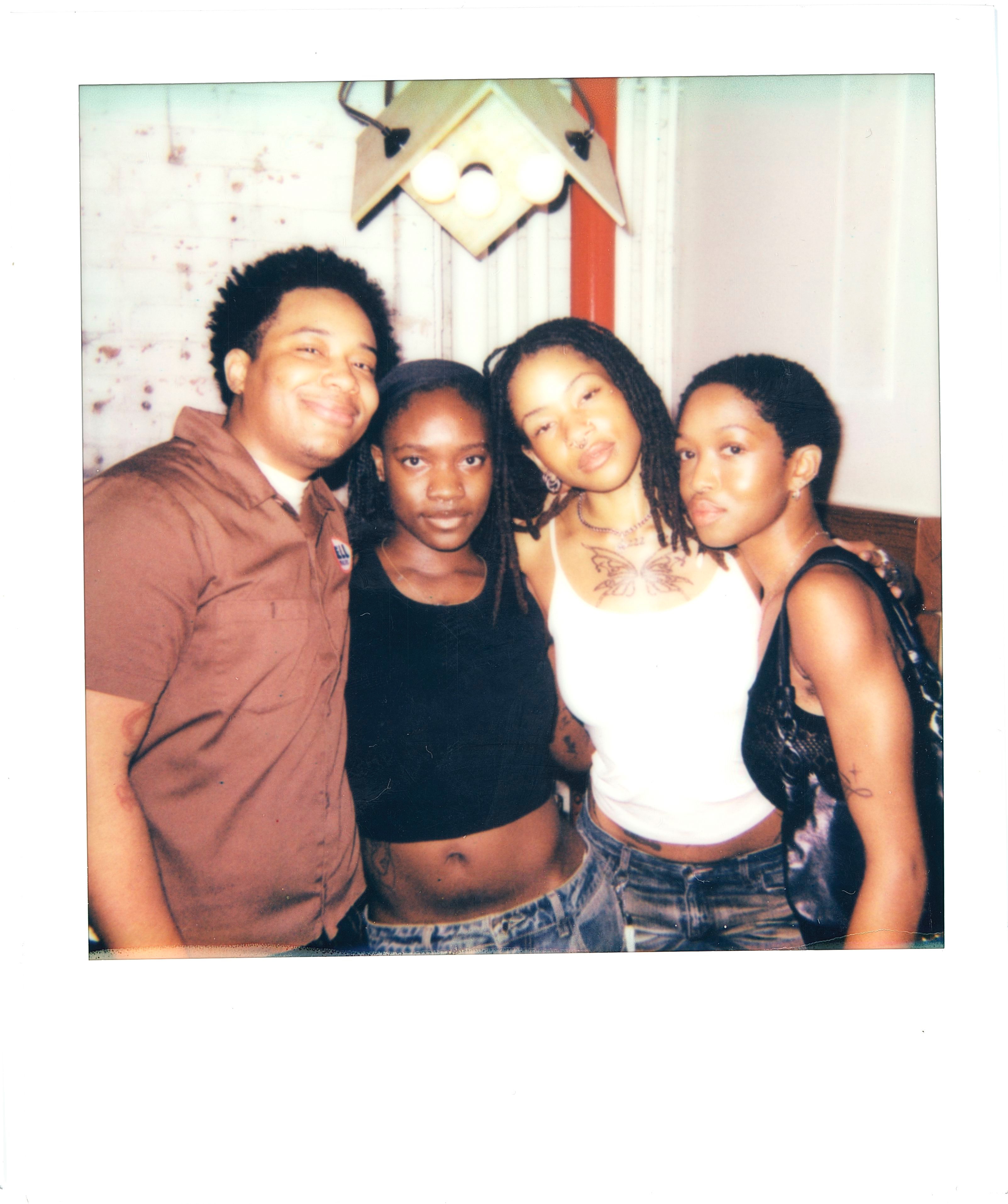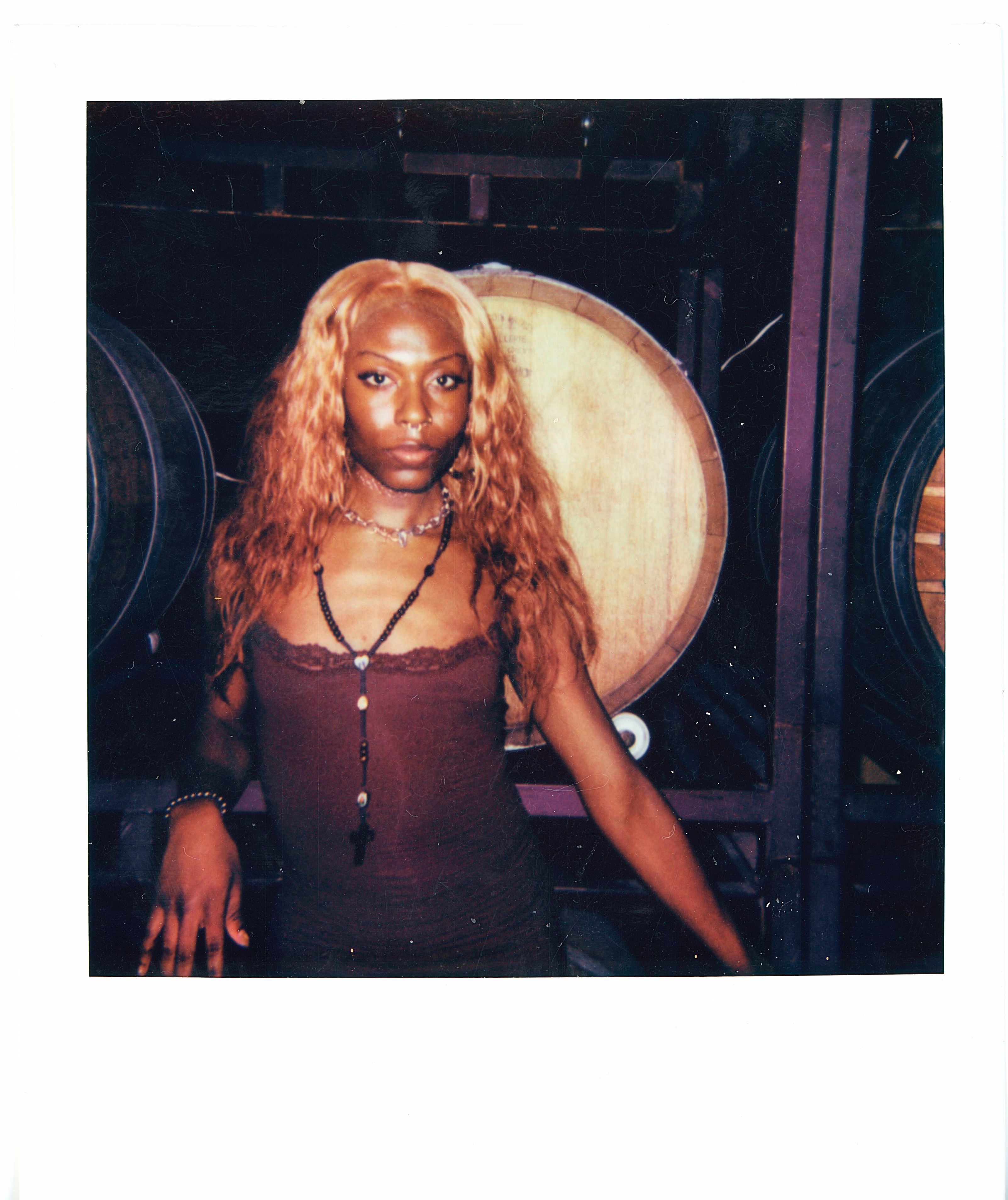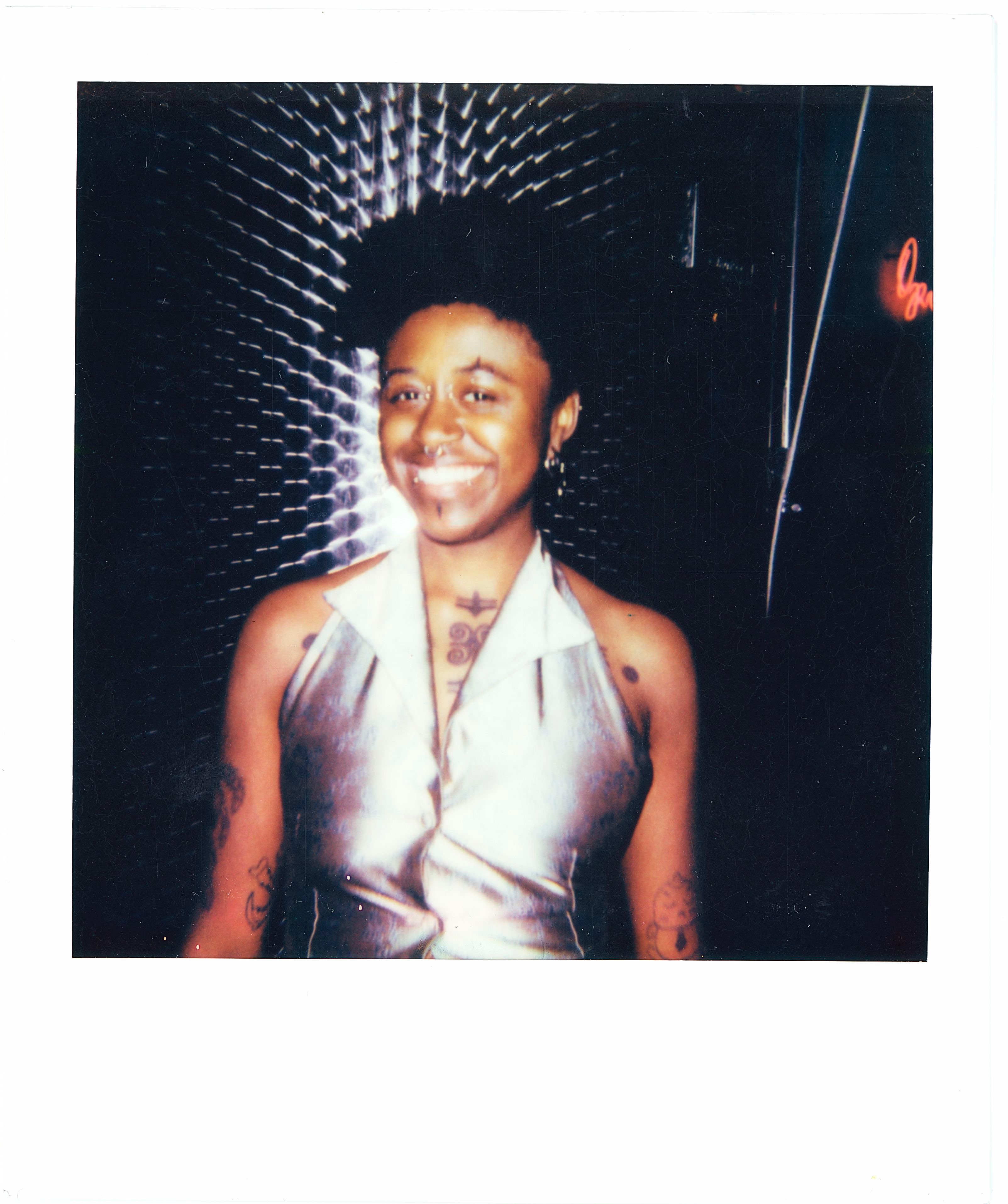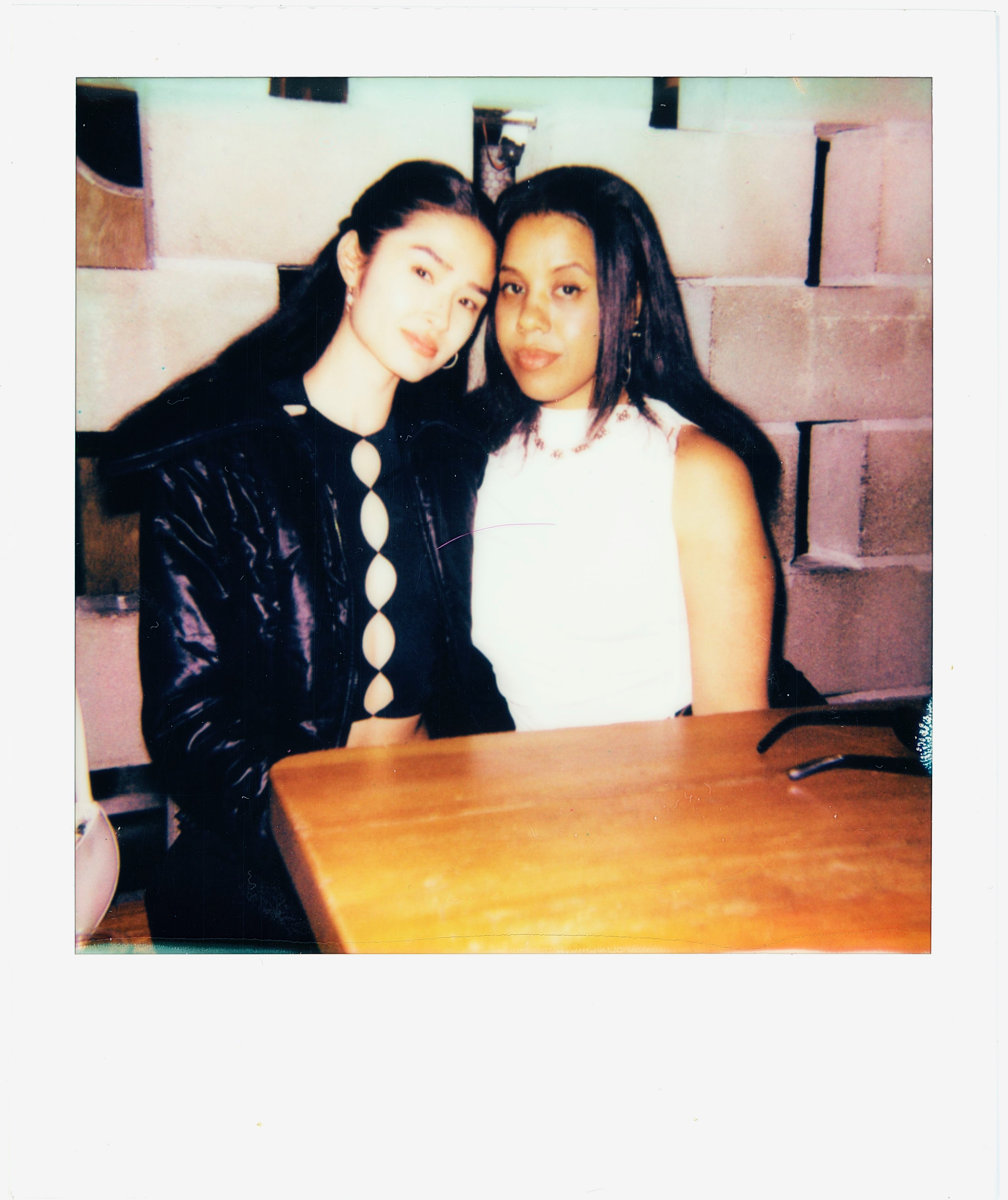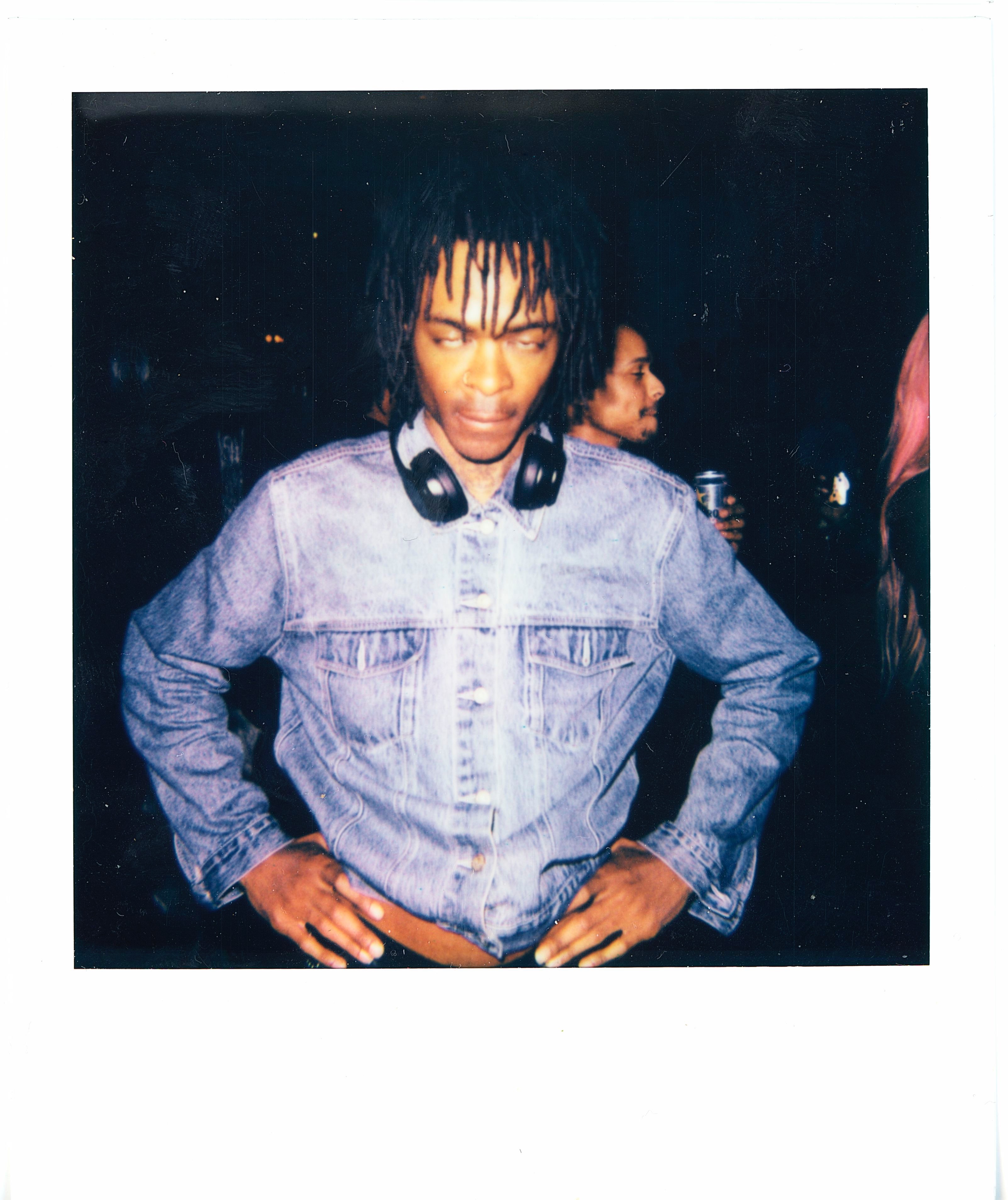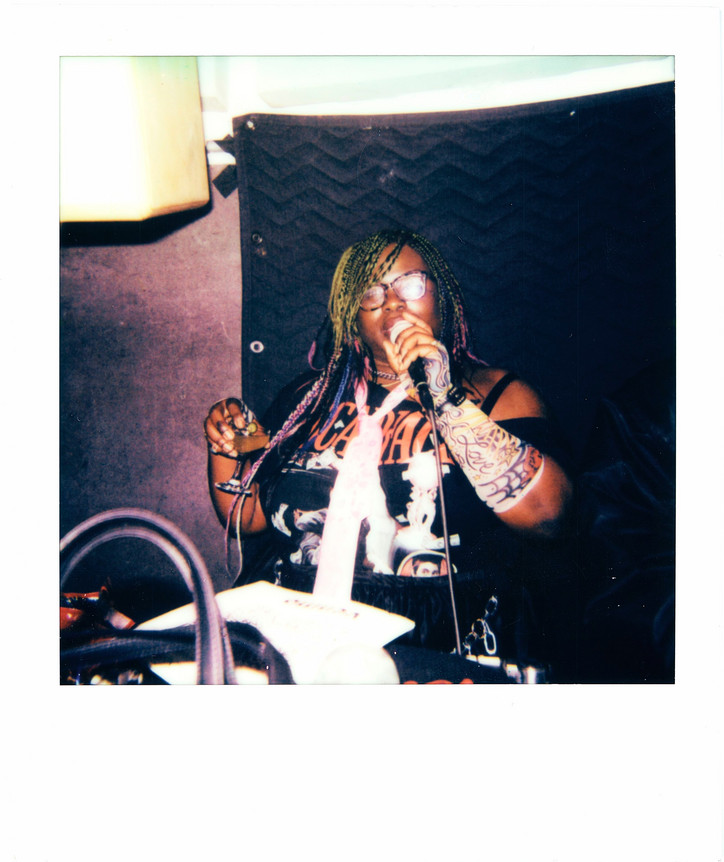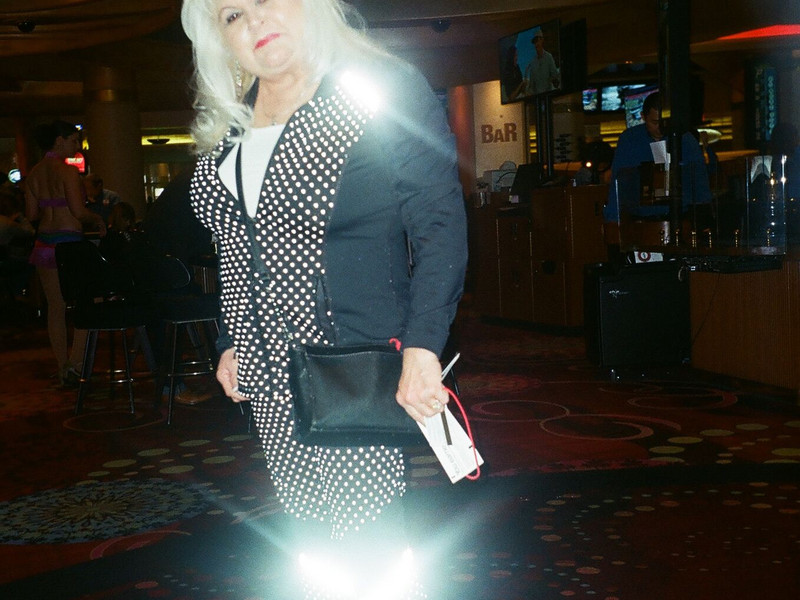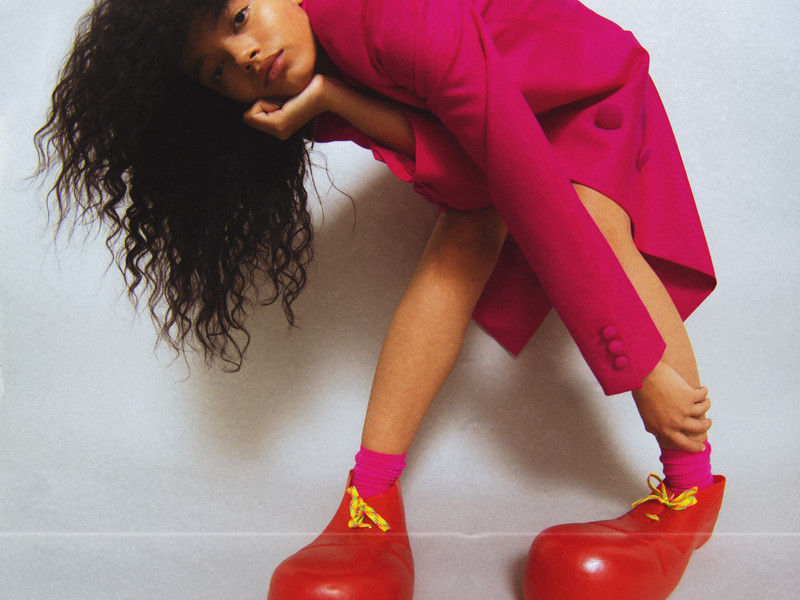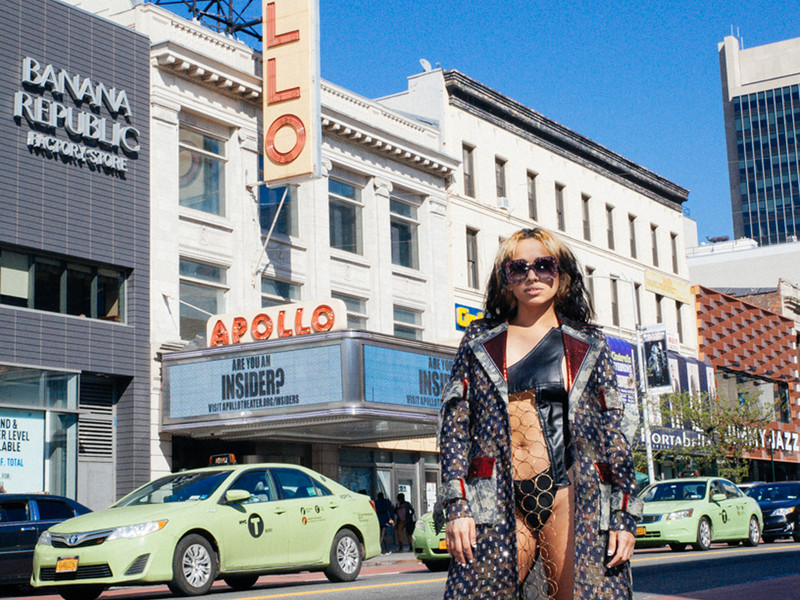"Congrats on Being Alive"

Drawn out of the house by the allied currents of my roommate Liv Solomon and the promise of a free drink, I found myself at the launch of Slow Collapse: One Ocean, All Lands by pure chance, battling the opposing tides of a Thursday night out and the desire (desperate need) for an early night in.
Our local wine shop was hosting a tasting, hence the free drink and some wine knowledge. But as so often happens in the treacherous waters of downtown Manhattan, a riptide comes along to tear me away from my perfectly laid plan of a single glass of wine, minimal conversation, and a restful sleep. A photographic obligation for Liv but one that she says I “might actually be interested in,” something that is not always the case with the events that she finds herself frequenting. Afraid of finding myself beneath the waves of the night, unable to break to the surface for a breath until I am nearly out of it, I can’t argue with the allure of a colliding of worlds or, at the very least, the logistical reasoning that nanamica NEW YORK, both a partner in the project and where the event was taking place, was en route to the wine.
Following the flow of intersecting interests is precisely what brought this project to fruition in the first place, a collaboration between artists Theophilos Constantinou and Anthony Jamari Thomas, whose individual endeavors may not be thought of as being entirely from the same worlds but who found themselves caught together on a tide of exploration regarding the expansive and expressive forces of nature. Founded by Eiichiro Homma and functioning under the resonant philosophy of “ONE OCEAN, ALL LANDS,” nanamica NEW YORK became swept along for the ride as well. The end result of which is Slow Collapse, a book consisting of imagery illustrating both the complicated and deeply connected relationship between humans and nature, along with words few in number but plentiful in power.
Though there is an obvious power in the images and words of Slow Collapse, in the midst of the scenes of sociality swirling around the tables on which the book sits, lit by stark bright lights despite evidence of the fading day occurring outside, there is something that feels insufficient. In a storefront in Soho, so far removed from the force that is supposed to be the focus of the night, it can be easy to wonder where we fit into all of this.
What place does art/do artists have in the business of nature and the ocean?
Theophilos Constantinou— It is one of my deepest beliefs that an artist must create around the global consciousness of their time. In our time, society has lost its way in regards to our relationship with nature. The destruction and pollution of nature and oceans through industrialization has led us to dire circumstances. If we are to create, what are we creating and to what means does that creation speak to this crisis. Artists don't have any business in nature or the ocean if they don't wish to make art relating to either. However, if you go to any myriad of museums around the world, most paintings are of landscapes or oceans. Planet earth is our home, she gives us the raw materials in which to create. This process is holistic. That is the place in which I believe artists have in nature and the ocean. And this project in particular is our document of what we deem as the 'slow collapse' our environment in the context of 'One Ocean, All Lands'
In the theme of tensions between nature and people, where do you see these tensions reflected in the relationship between the simultaneously contrasting and comparable environments of the ocean and a city like New York?
Anthony Jamari Thomas— Tension is such an incredible word to describe the ethos of this work. A permanent tension, a desperate tension, that carries our survival. Unfortunately, tension also describes humanity’s affair with nature’s preservation and how we’ve come to engage with its vitality and future. I also want to preface this statement, the words, ideas and concepts of this book present a knowingness that I certainly want to dispel, if anything this work is an observation of this tension, kind of like when you know you can’t stop something, so you hold dear the moments of reflection you actually can have.
Living in NYC I’ve come to feel connected to our global conversation of warming, through different fronts: fashion or politics but often through the conversation of production and even so I have always felt slightly disassociated from the conversation. The concrete has a way of mystifying your reality, where your environment can be as vast as your three neighbors to the right or the bodega you frequent. But what I have come to know, is that there is more out there and marginally, cities like ours have an even more palpable impact on the state of our environment than we perceive. I think rather than imagining demise, I think we should acknowledge this tension confront so and see such as a form of regeneration - as our civilization dwindles, nature will find ways to rebirth what was lost and I’m sure life-forms like our oceans, when the elements that prohibit so are controlled, can return to a state of peace.
This project having been sparked by an increasing focus on climate change and concerns about the environment, what impact do you hope to make with it?
Eiichiro Homma— Since environmental issues have become significant challenges for humanity, many years have passed. I believe there have been numerous efforts, including discussions among governments and the United Nations to establish rules for environmental improvement. However, it remains a fact that environmental destruction continues unconsciously in businesses as well as in the daily lives of individuals. Humans tend to think that as long as they follow the rules, everything is fine. Through our project, we hope to raise awareness of the beauty of nature and the ocean among those who do not usually interact with them or have no interest in them, encouraging each individual to start finding solutions to environmental problems.

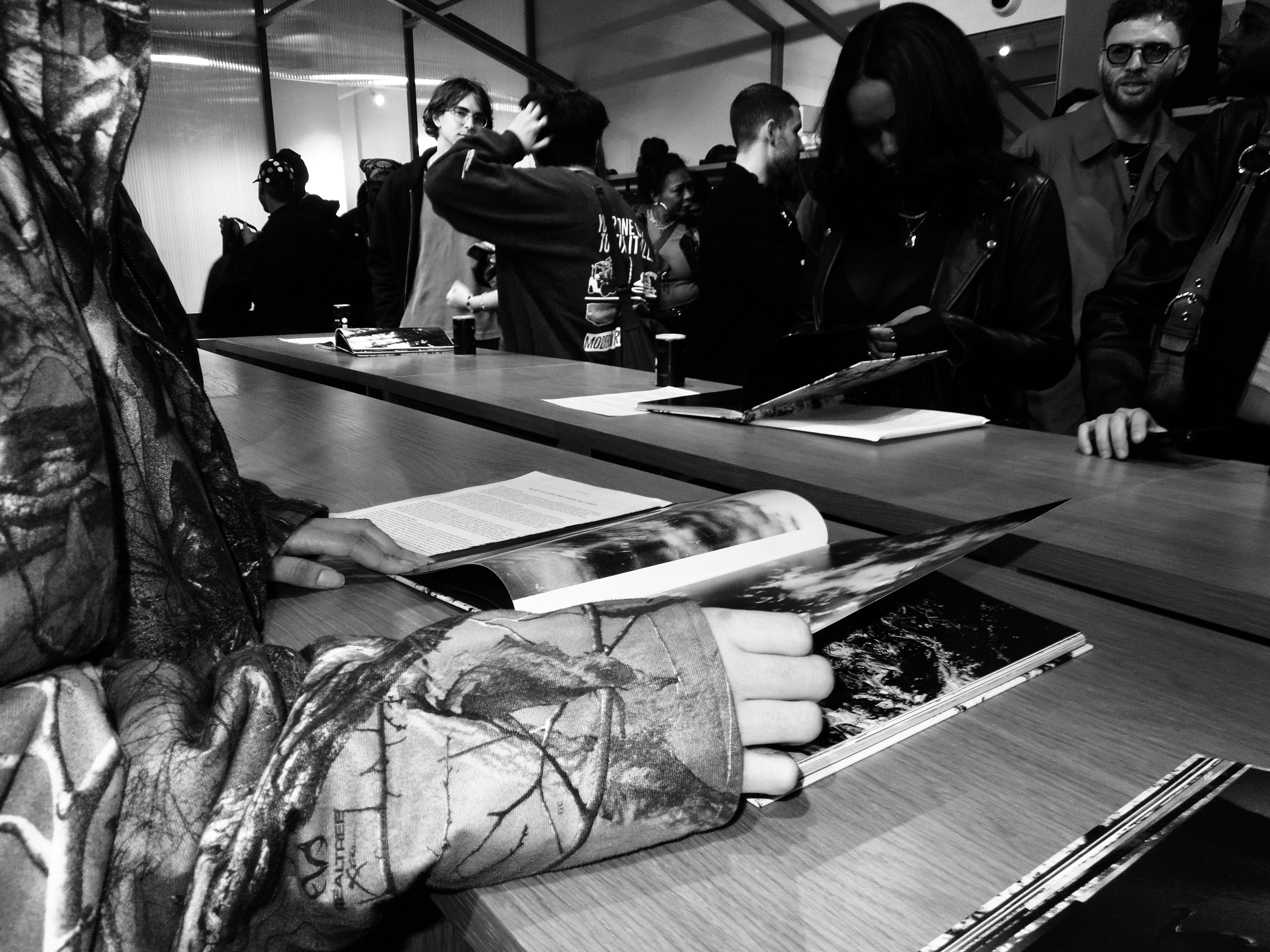
As Aslak Aamot Helm reminds us in the apt conclusion of Slow Collapse, which itself concludes with “(I still don’t know where to end),” “Everything that is about us, is also about Earth.” So long as we continue drifting along the currents, following the tides, allowing ourselves to sometimes get caught beneath the waves, but always finding our way back to the surface for a breath of fresh air, we can never be truly removed from these natural forces because they are us and we are them.
Not above the surface, but not fully submerged either, I finish my canned sake and take an extra few moments to walk to the corner to throw my cigarette butt into the trash can (an act that is mostly fueled by how guilty I feel about my existence on this world on any particular day and which feels like the least that I can do tonight). I arrive at the wine shop too late, they’re out of wine. I attempt once more to achieve the promise of a free drink but my friend who works at the bar down the block tells me that they’re closed for a private party. I take this sequence of events as some great sign from the universe to go home and get some rest, though I’m sure it’s a moment that the universe couldn’t be bothered with considering everything that I have been reminded that it is already dealing with. Between an absence of alcohol (one can of sake doesn’t count) and thoughts of the sea swirling around my mind (hopeless, hopeful, and the full range in between), I’m certainly still caught between an array of allied and opposing currents but am saved from drowning for at least one night longer.
I too don’t know where to end, nor do I think that any of us do, but we can at least do all that we can so that we won’t ever have to say that we never began.
Slow Collapse: One Ocean, All Lands is available for purchase on the nanamica webshop.
